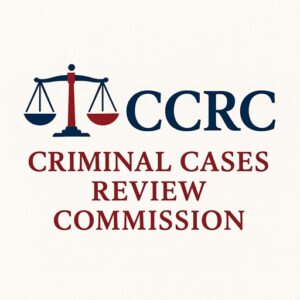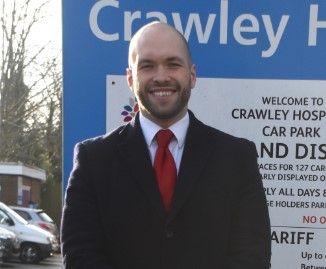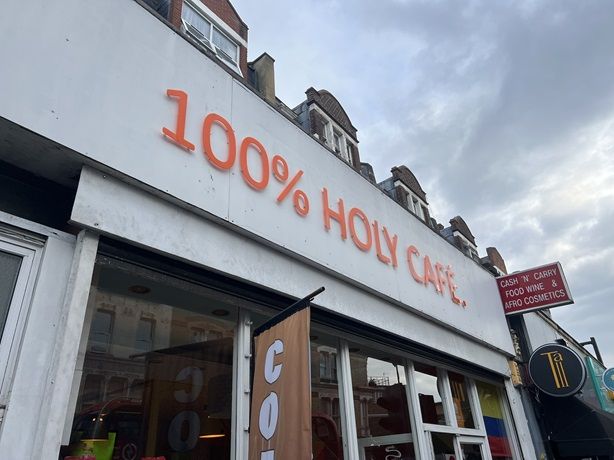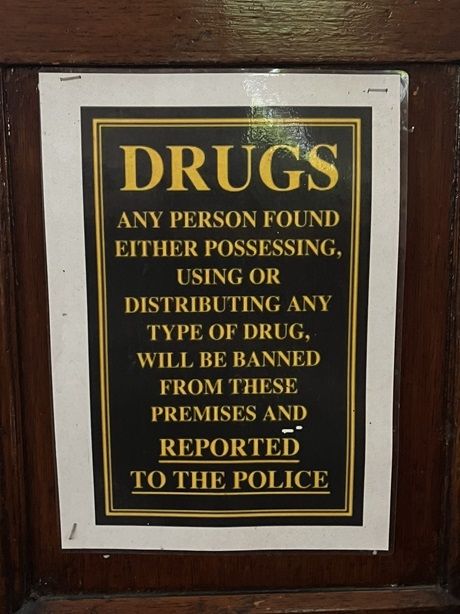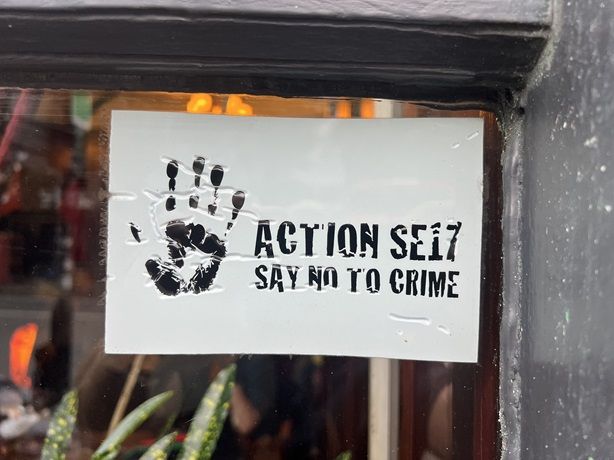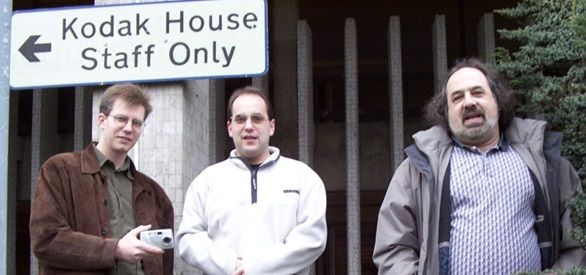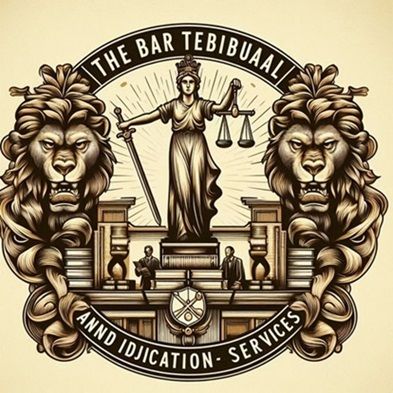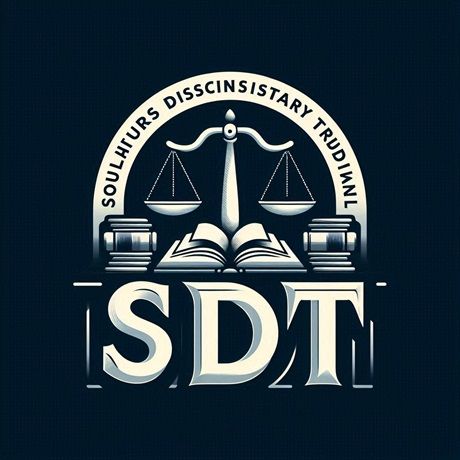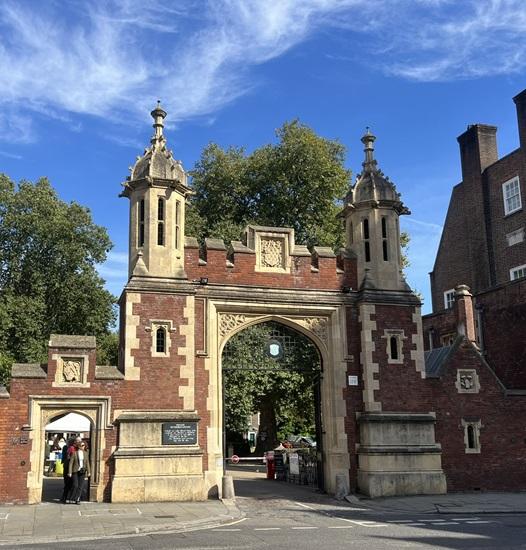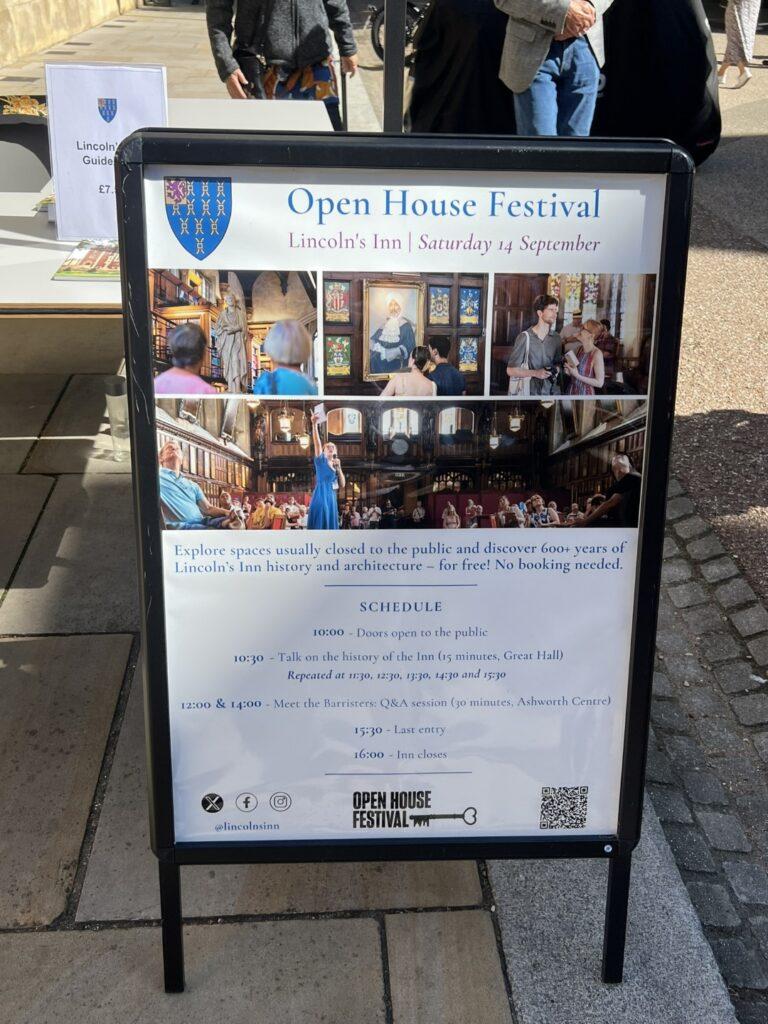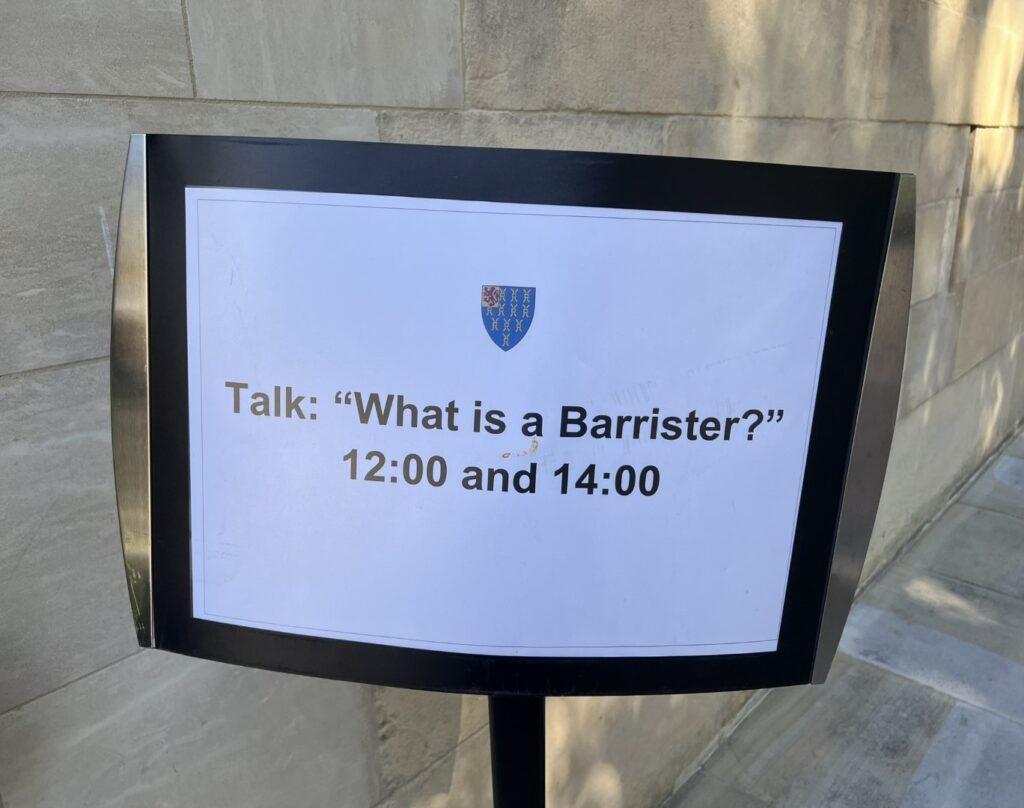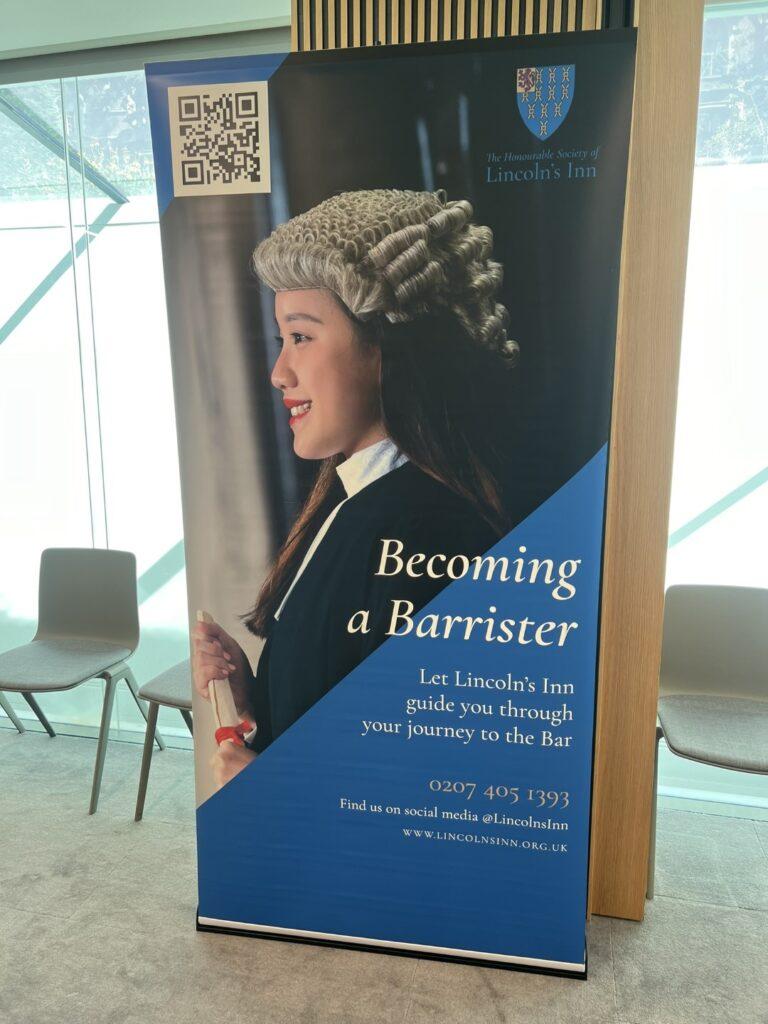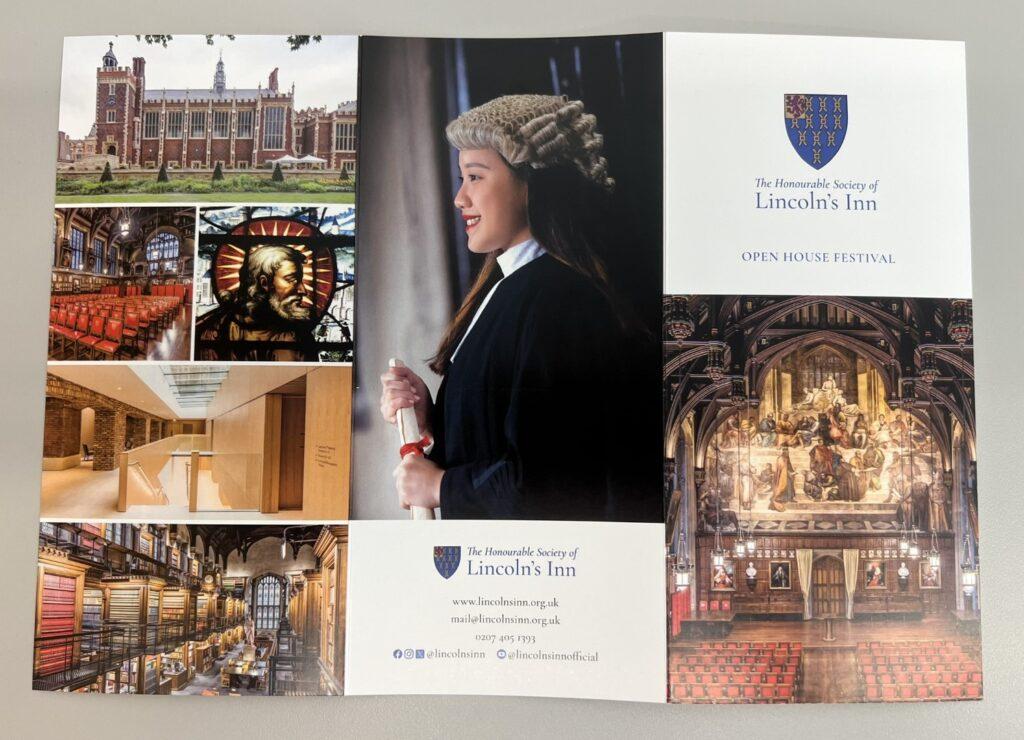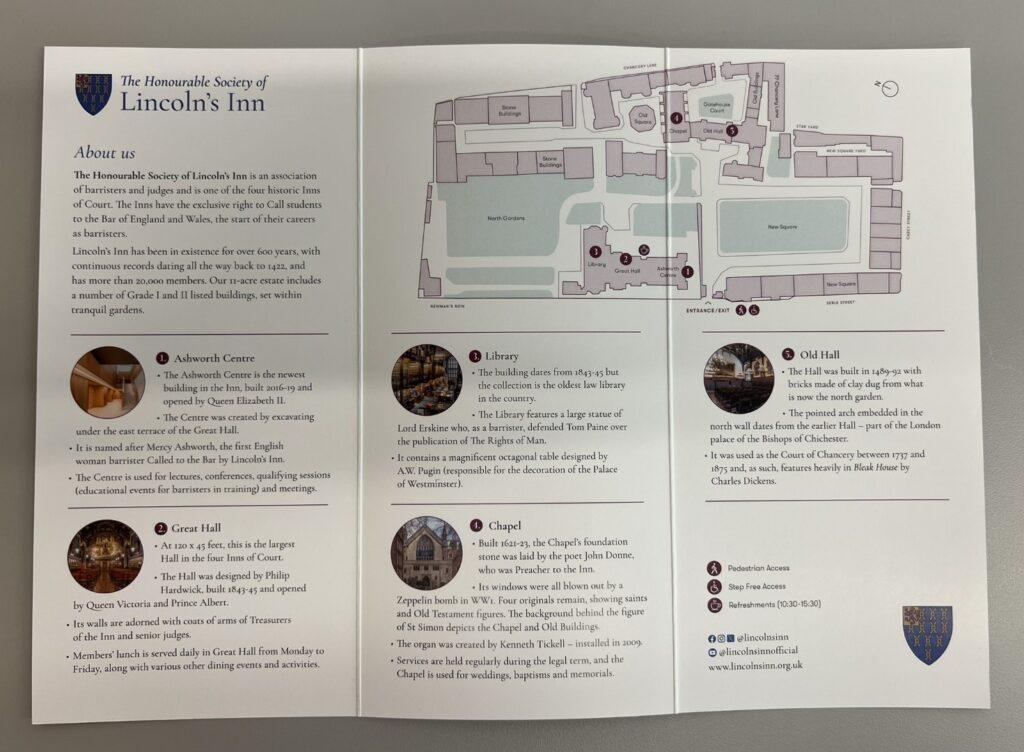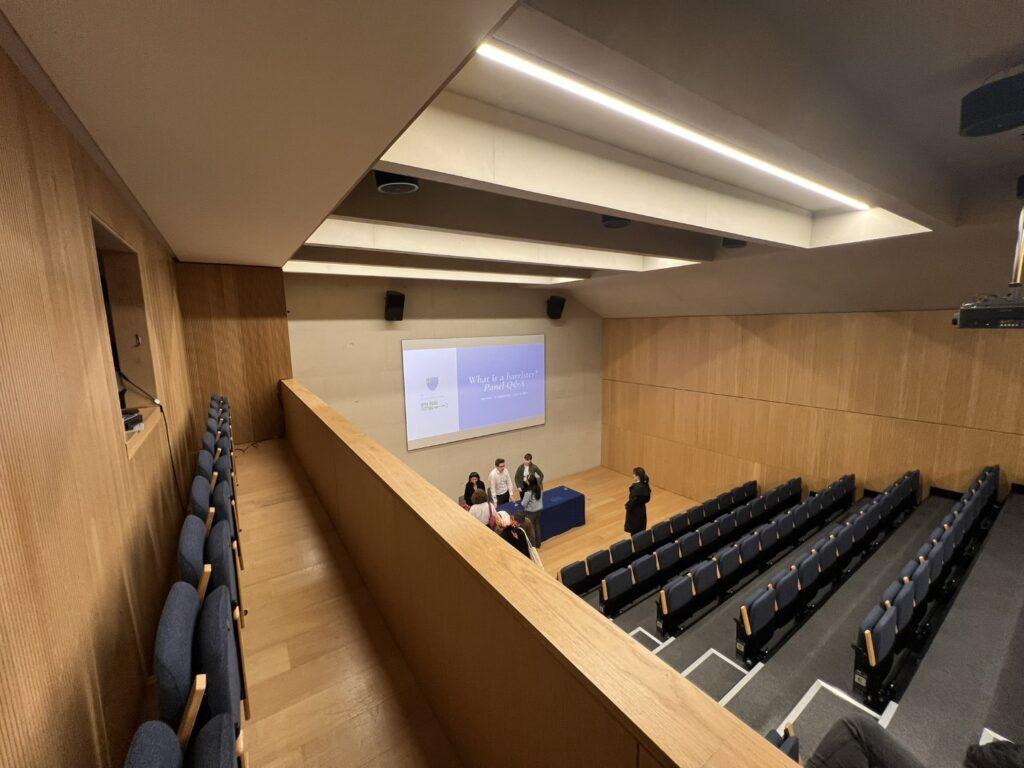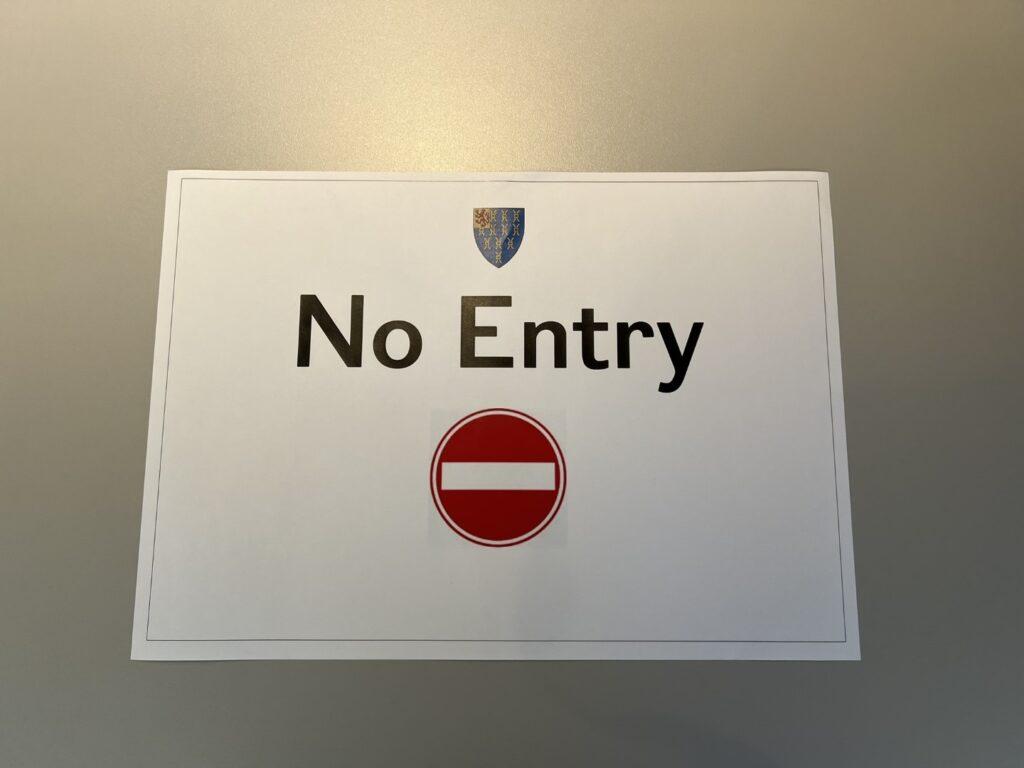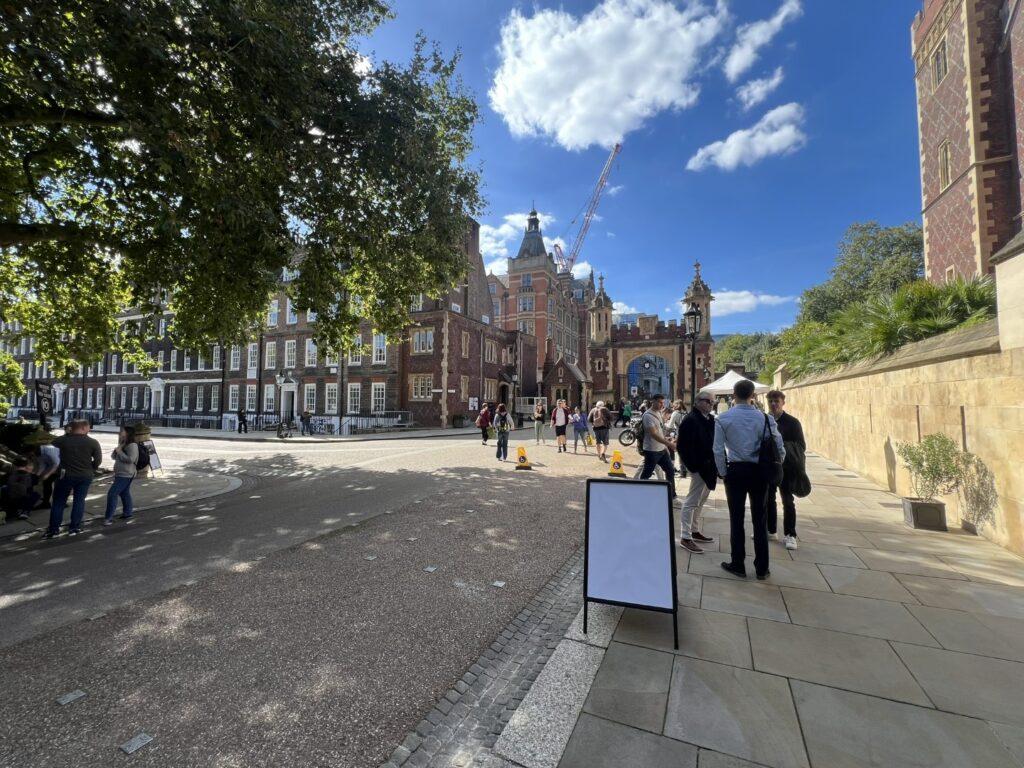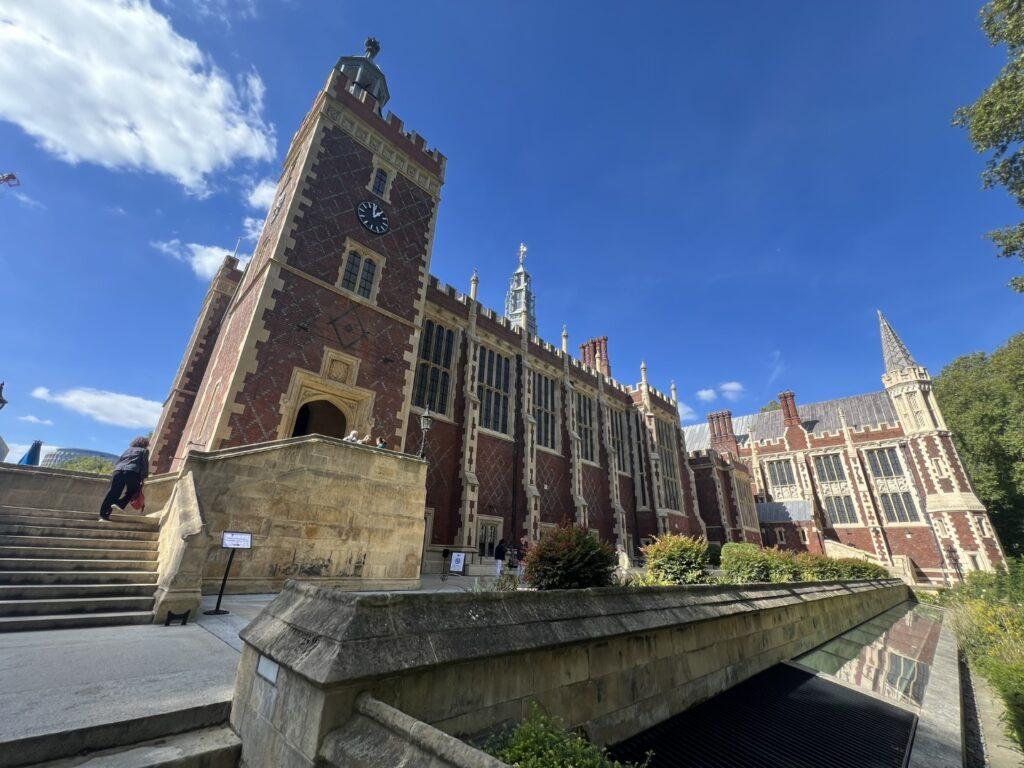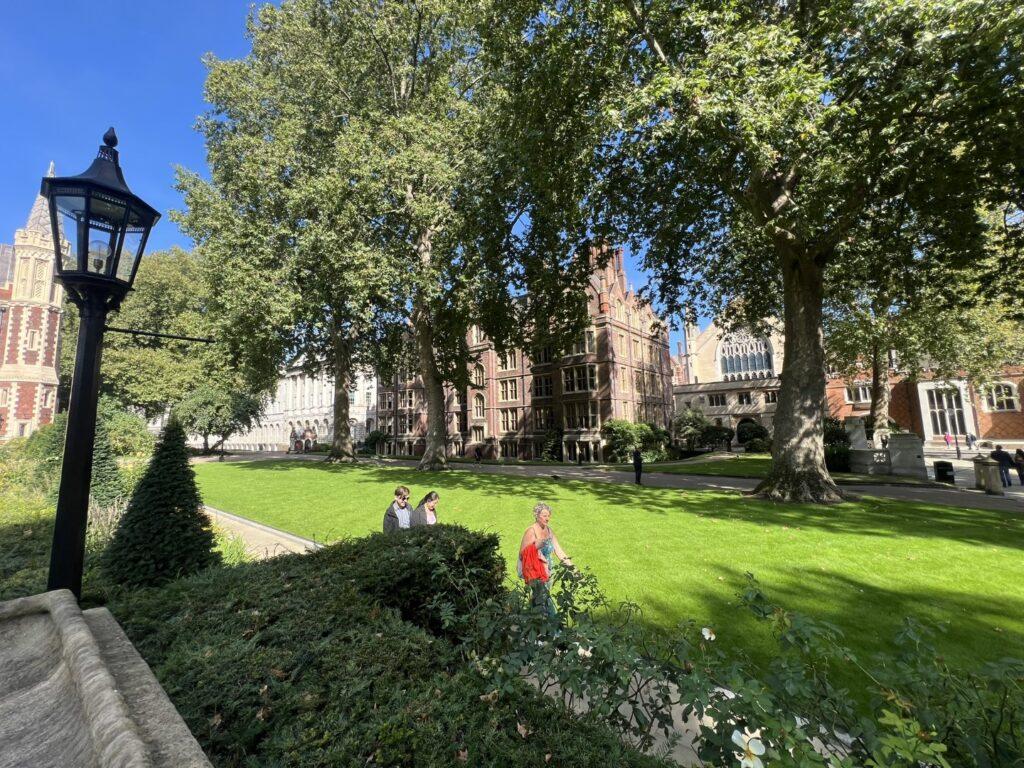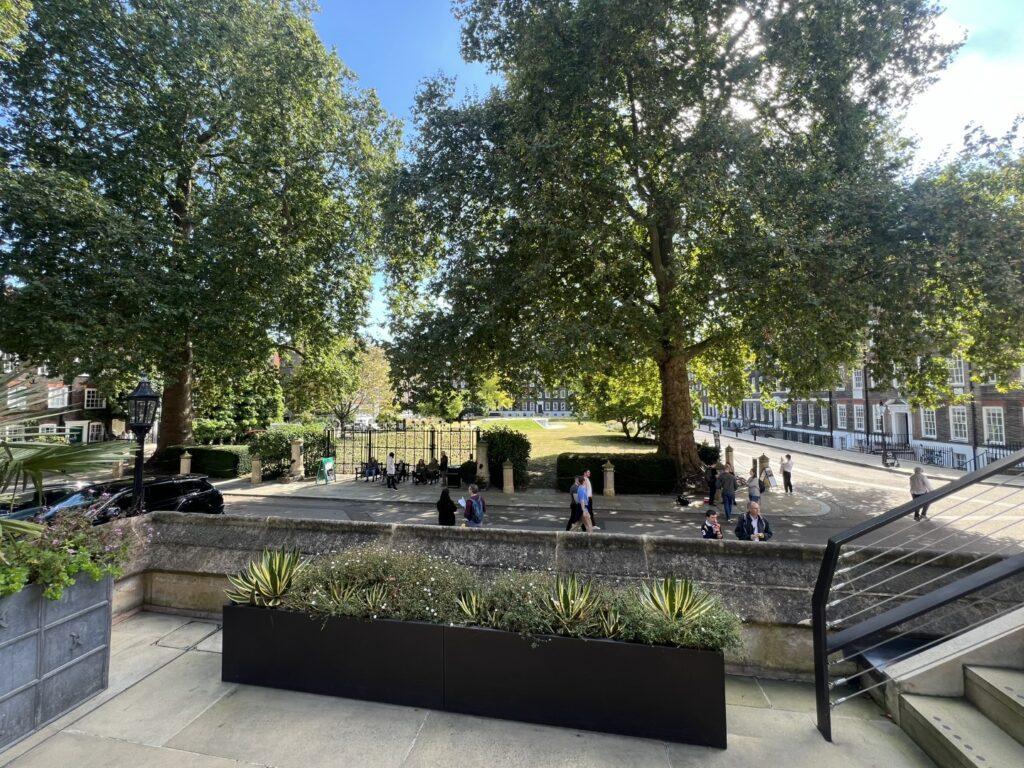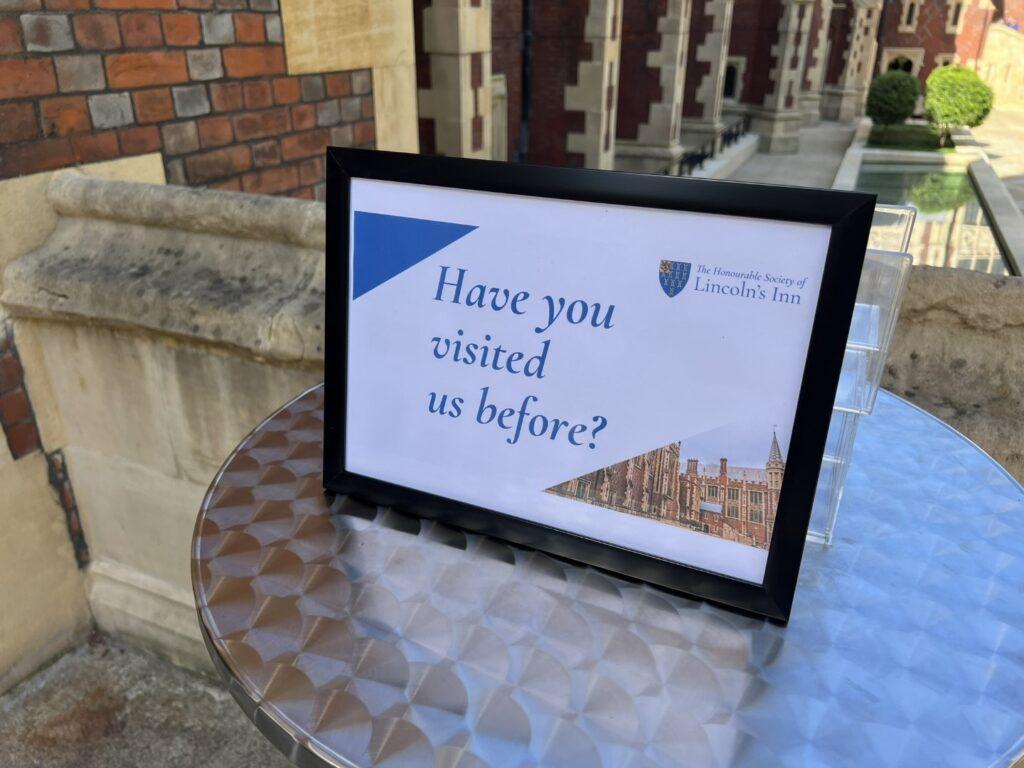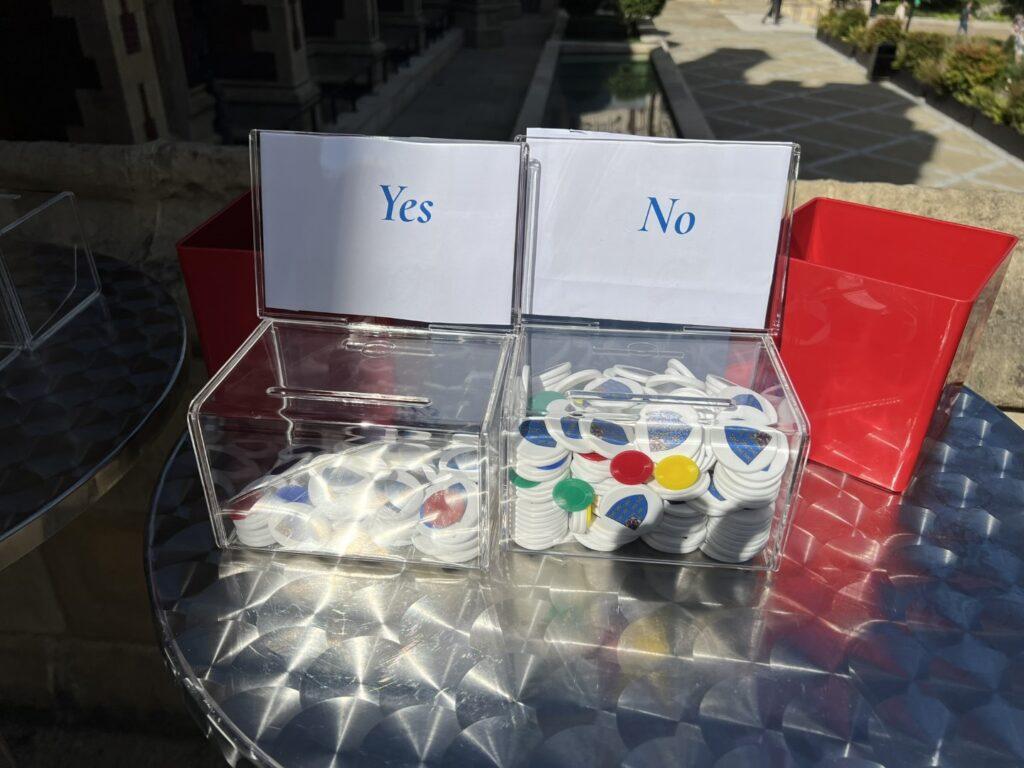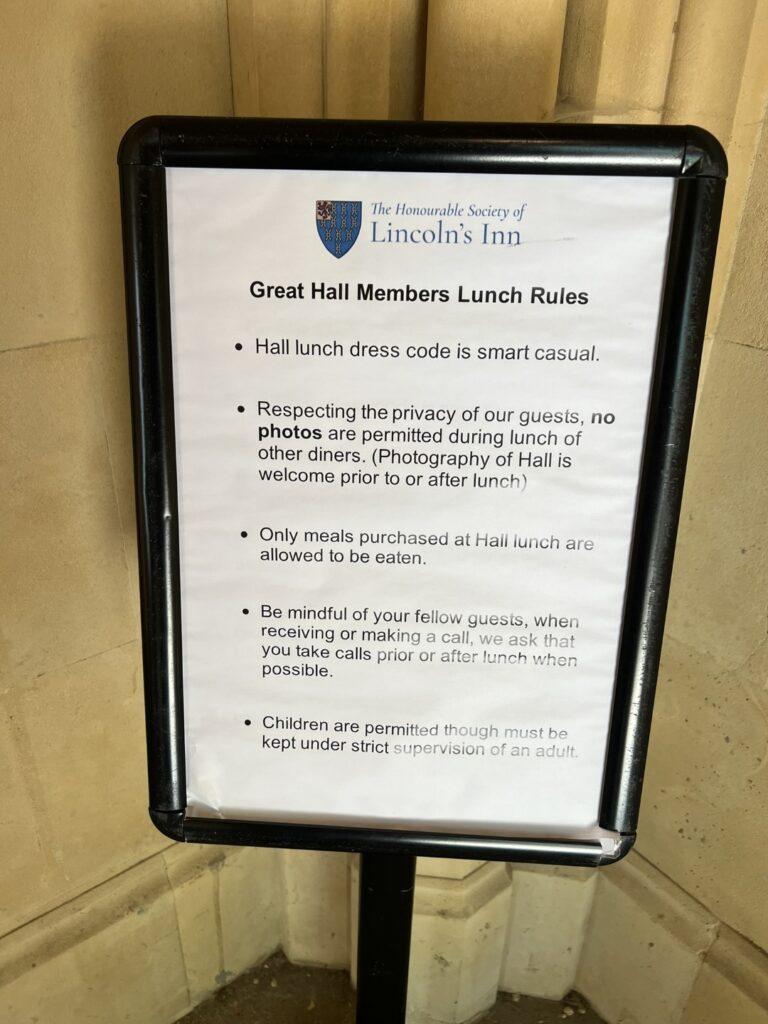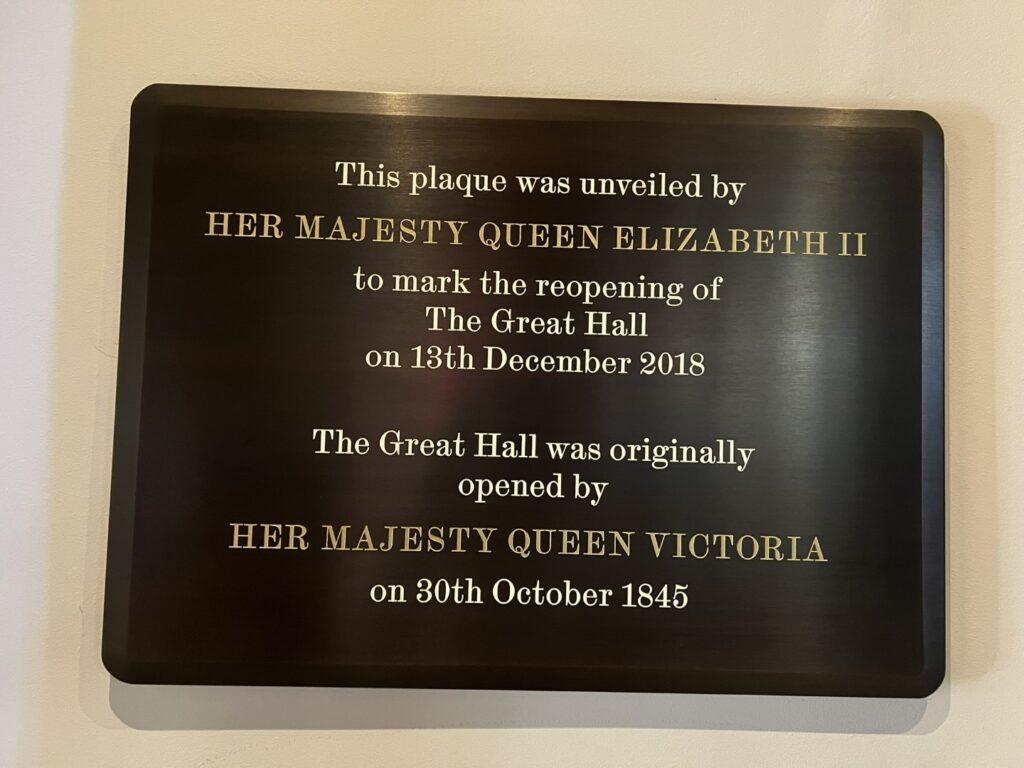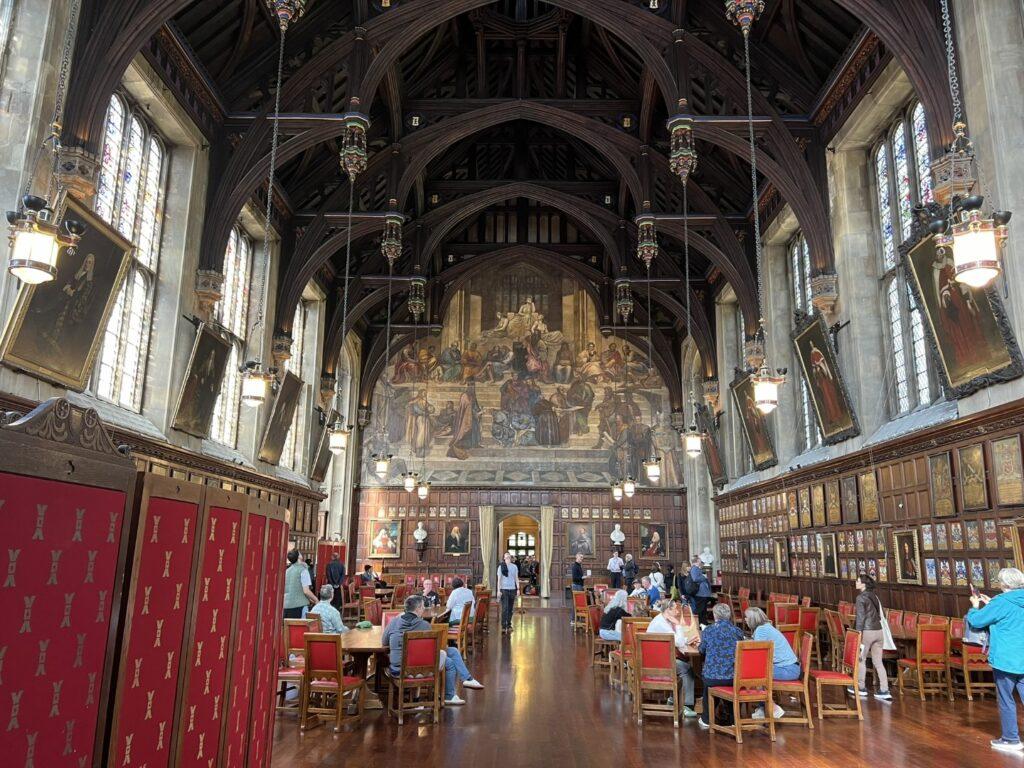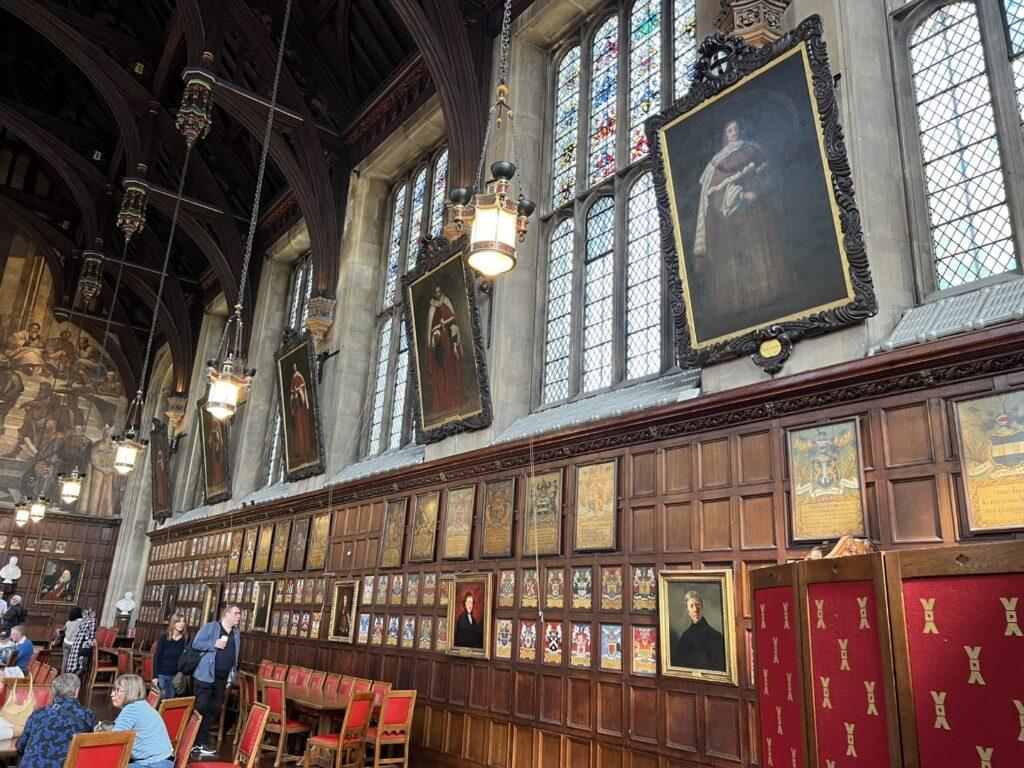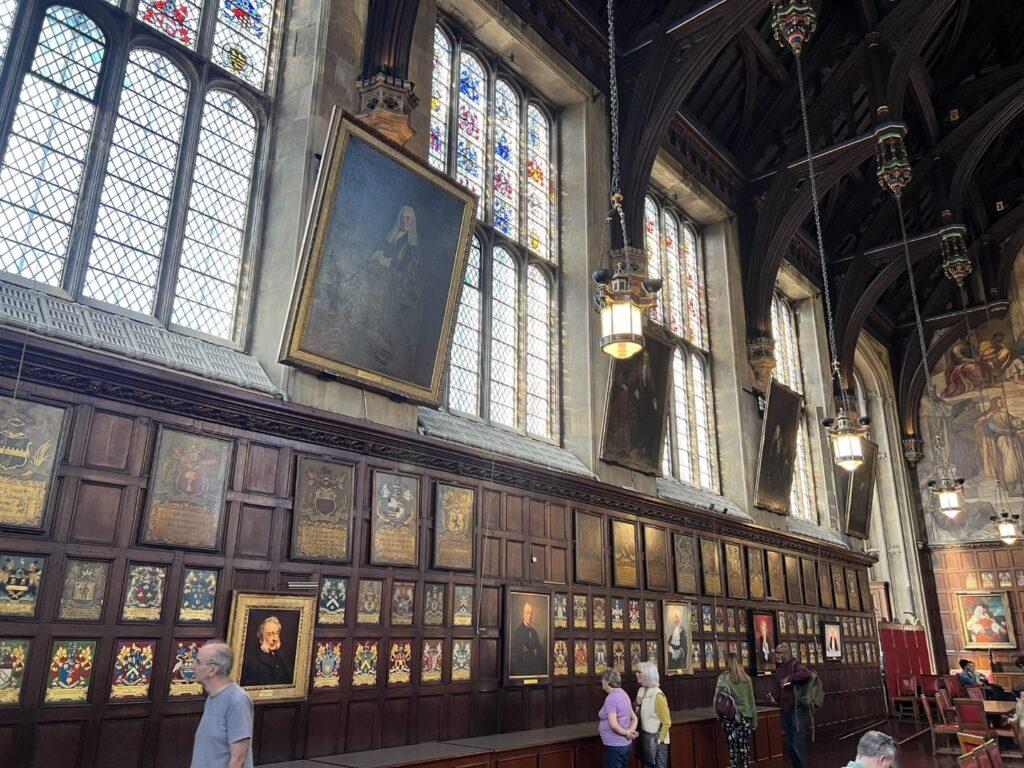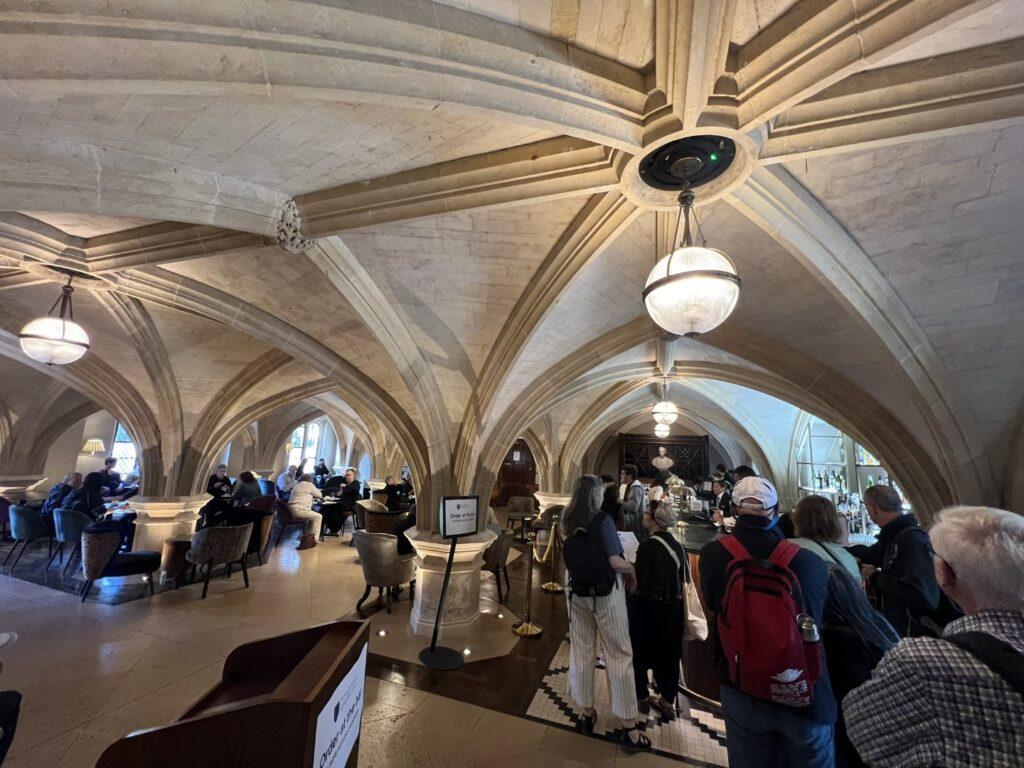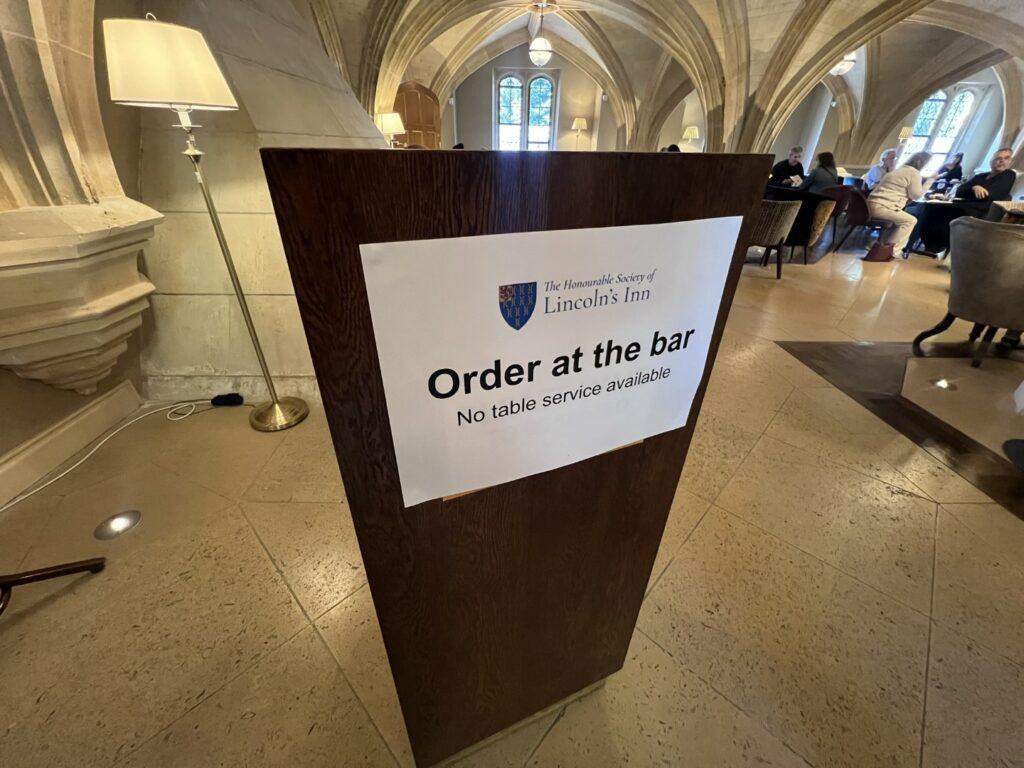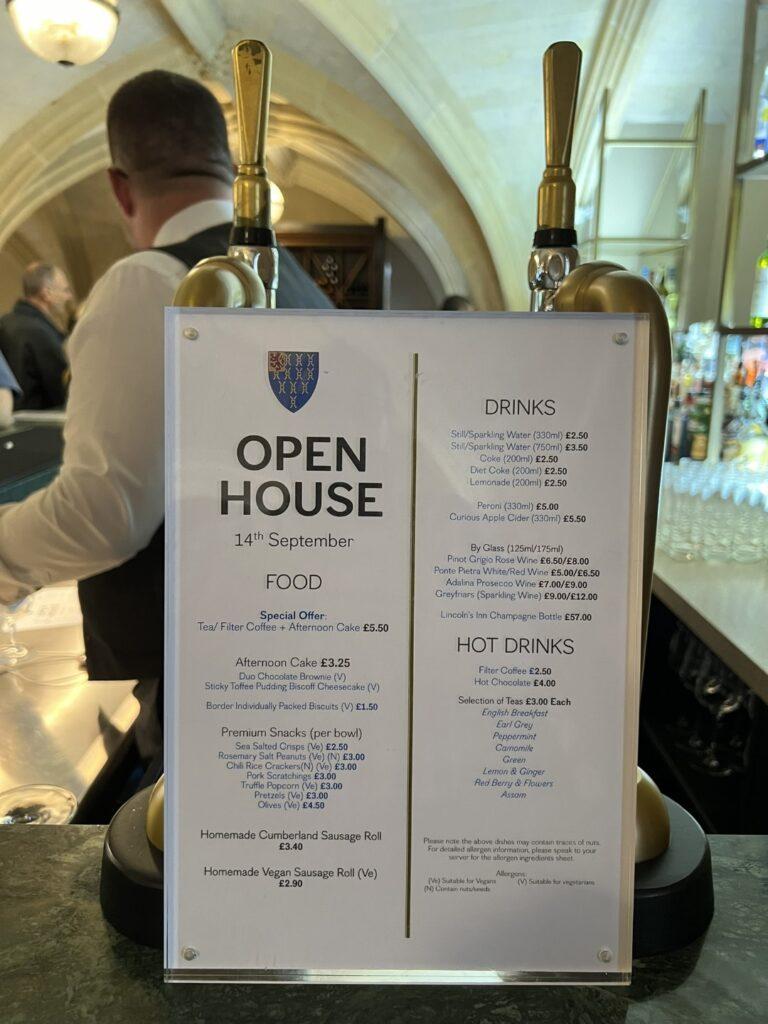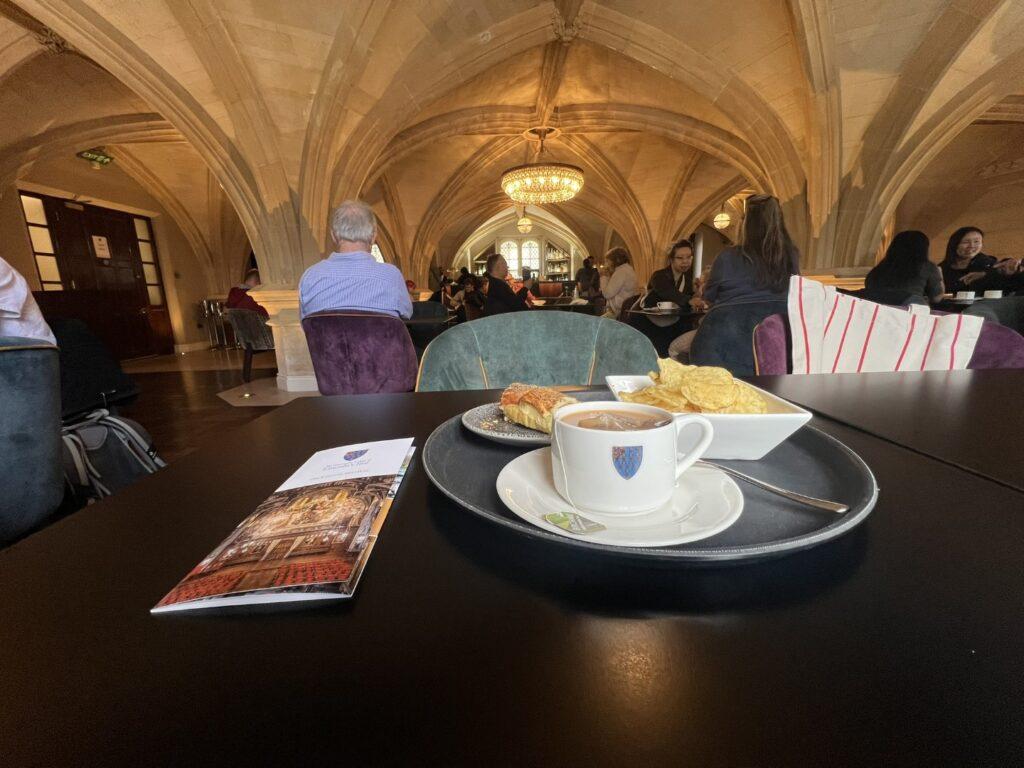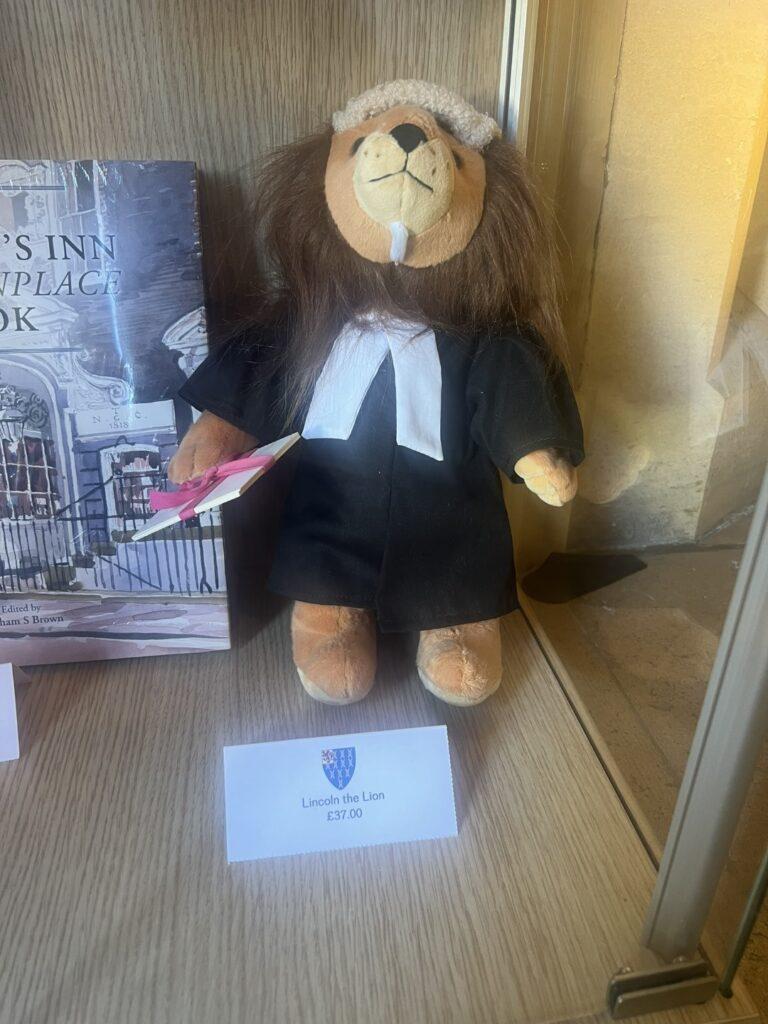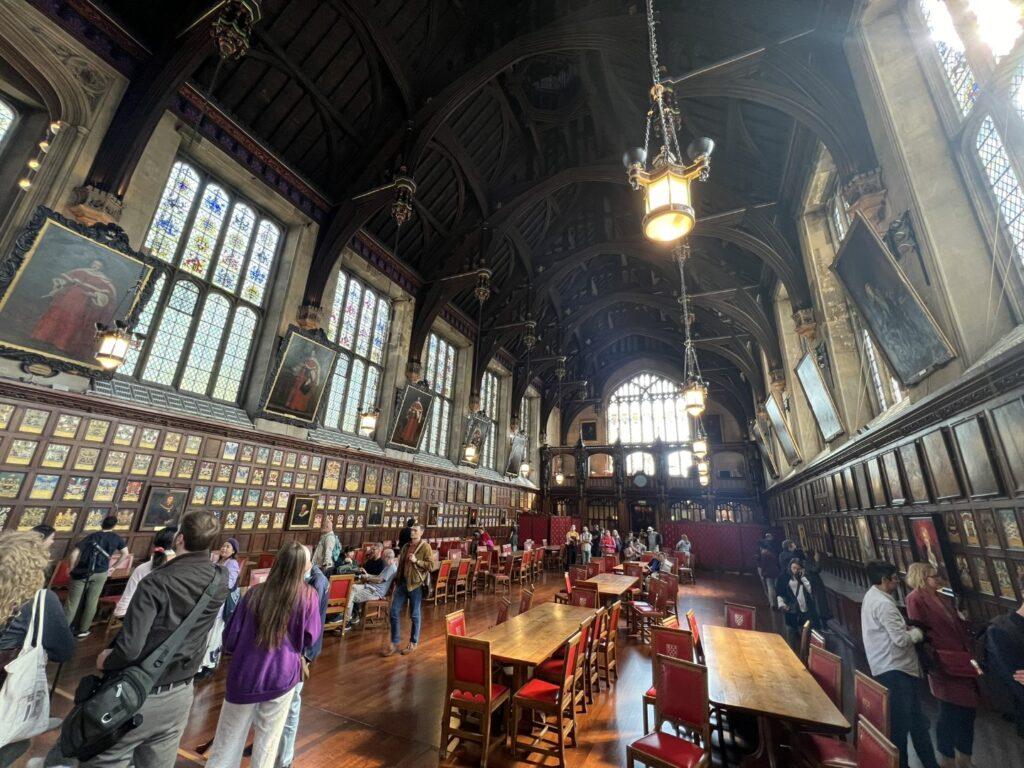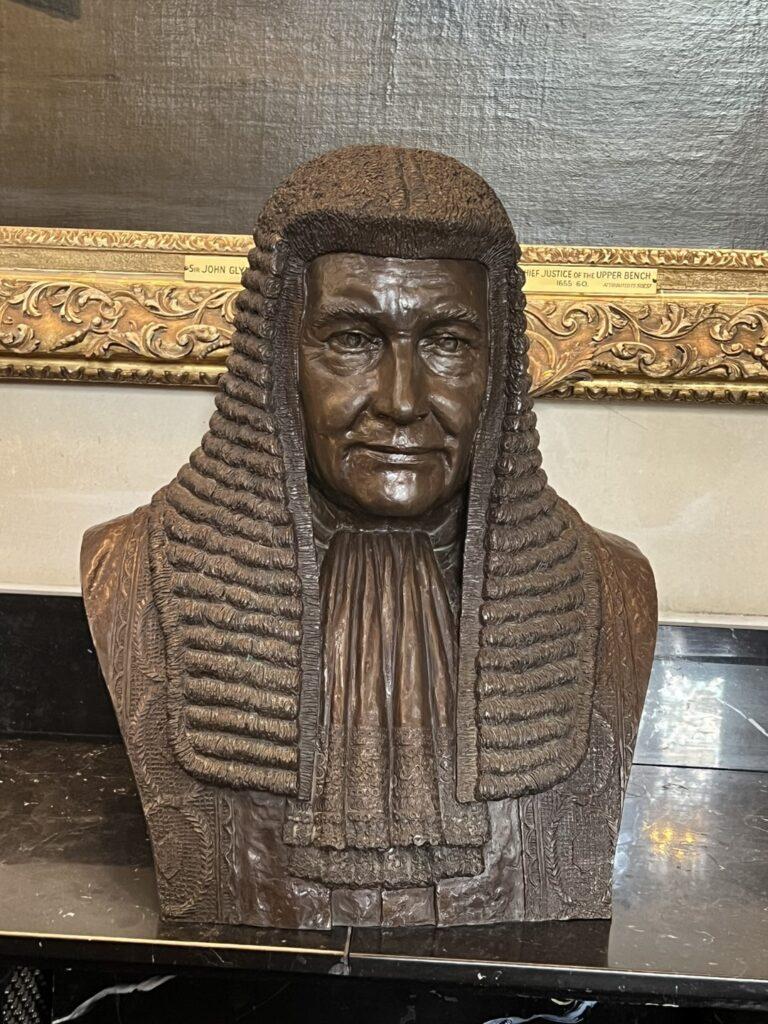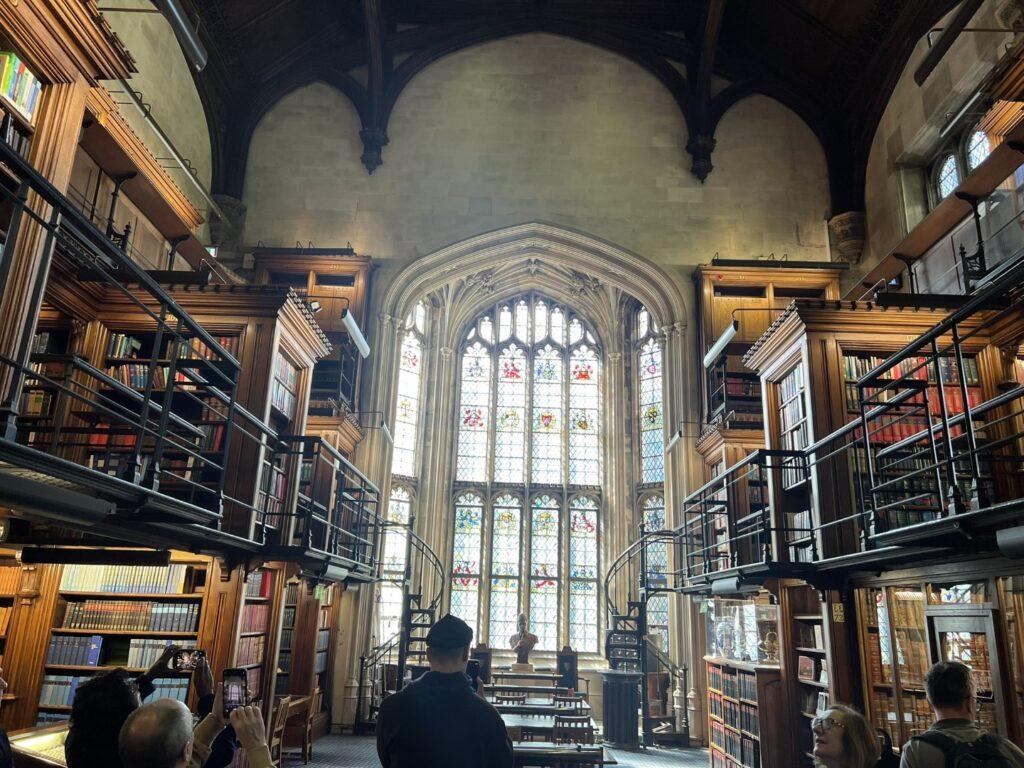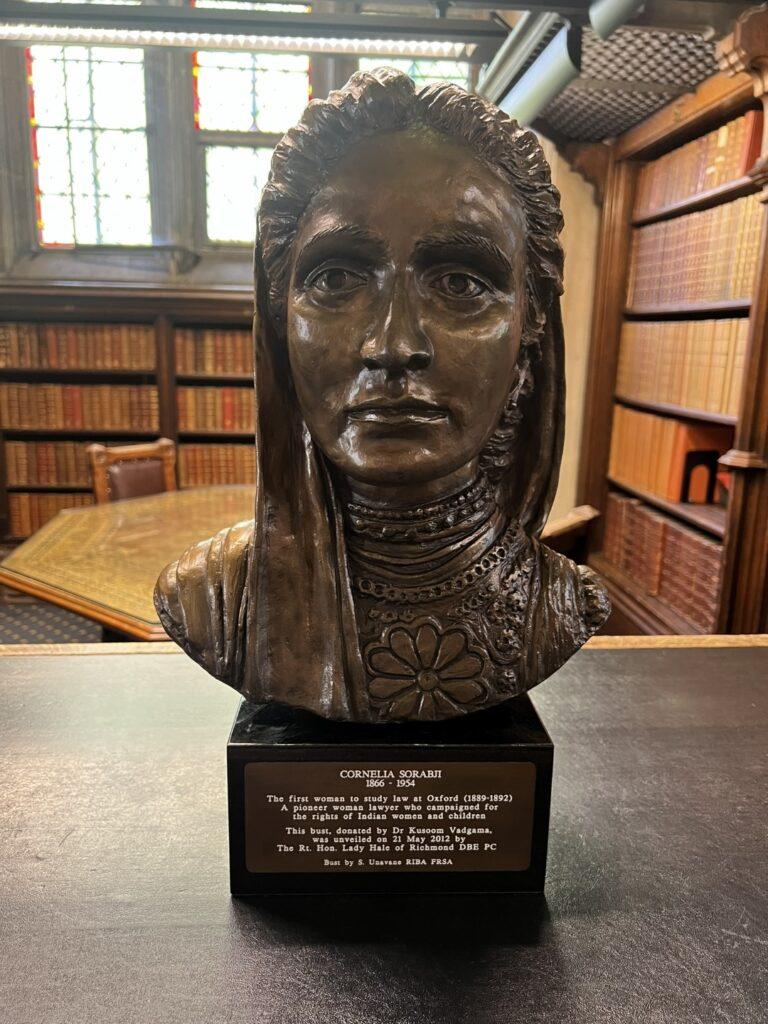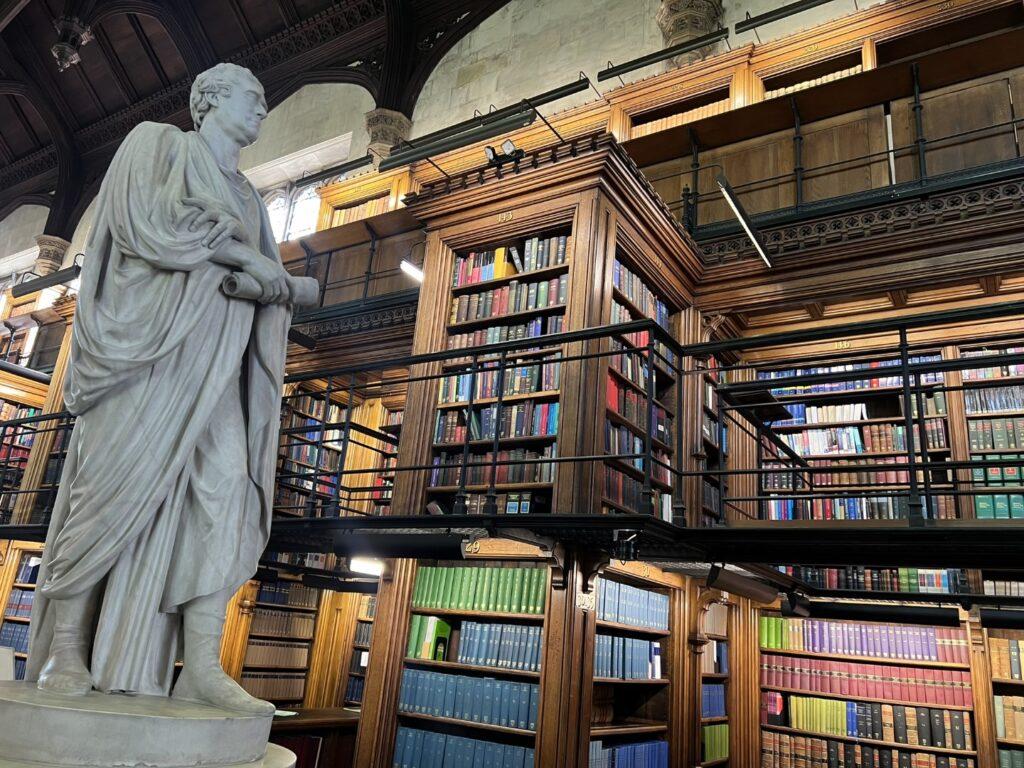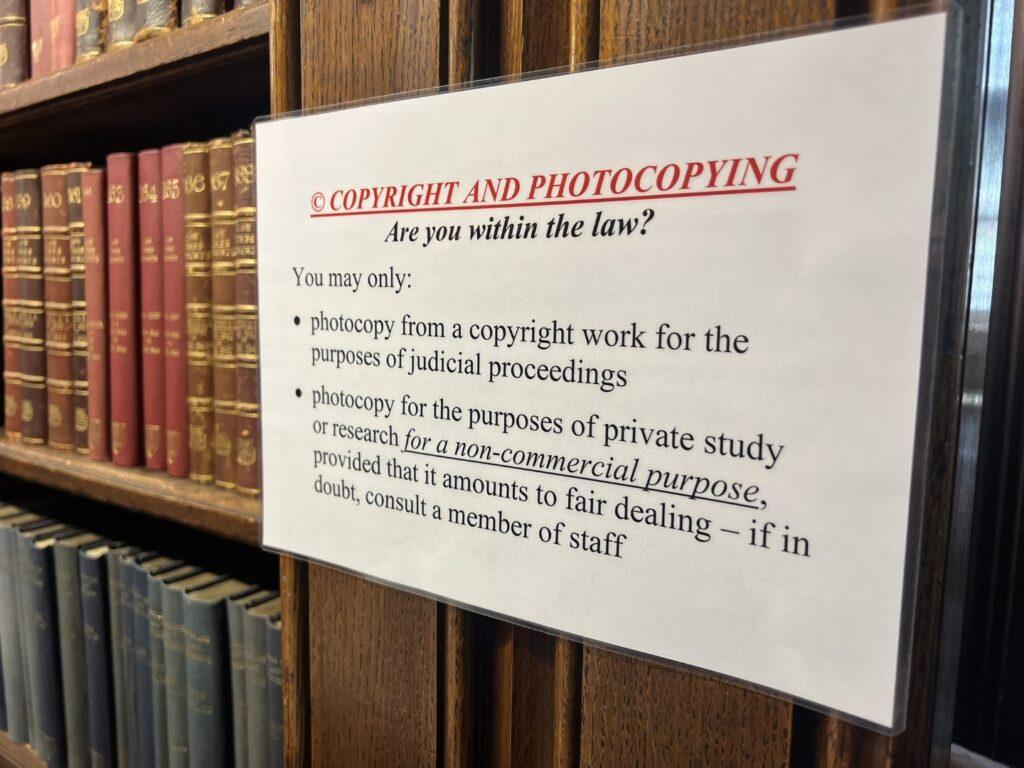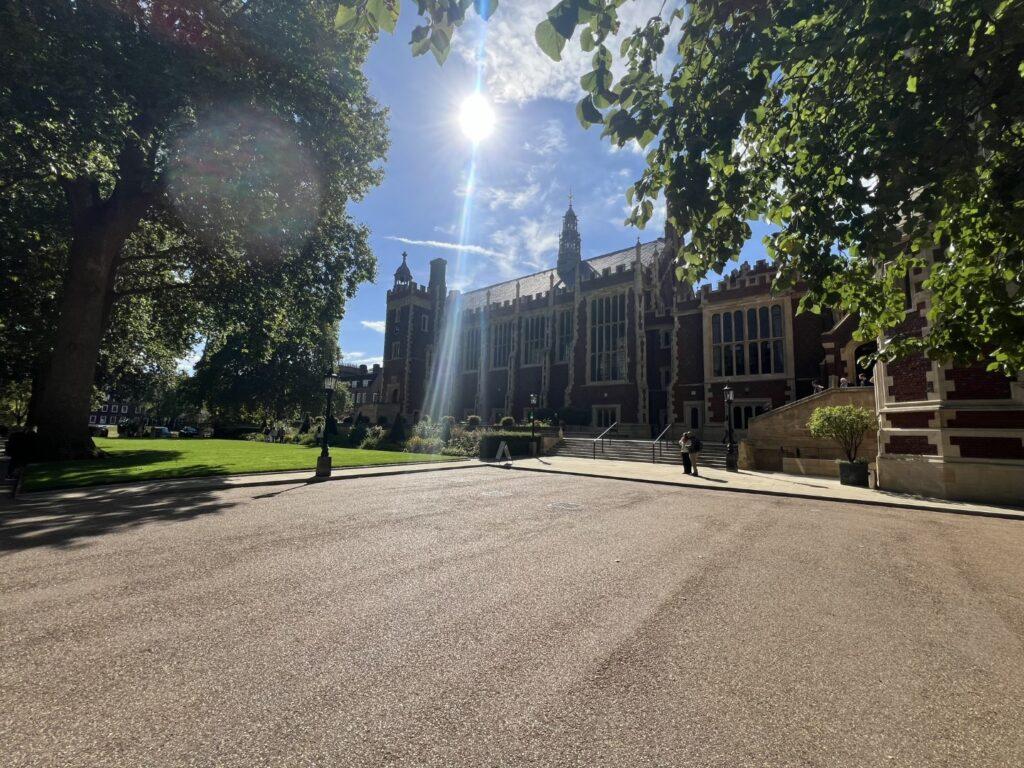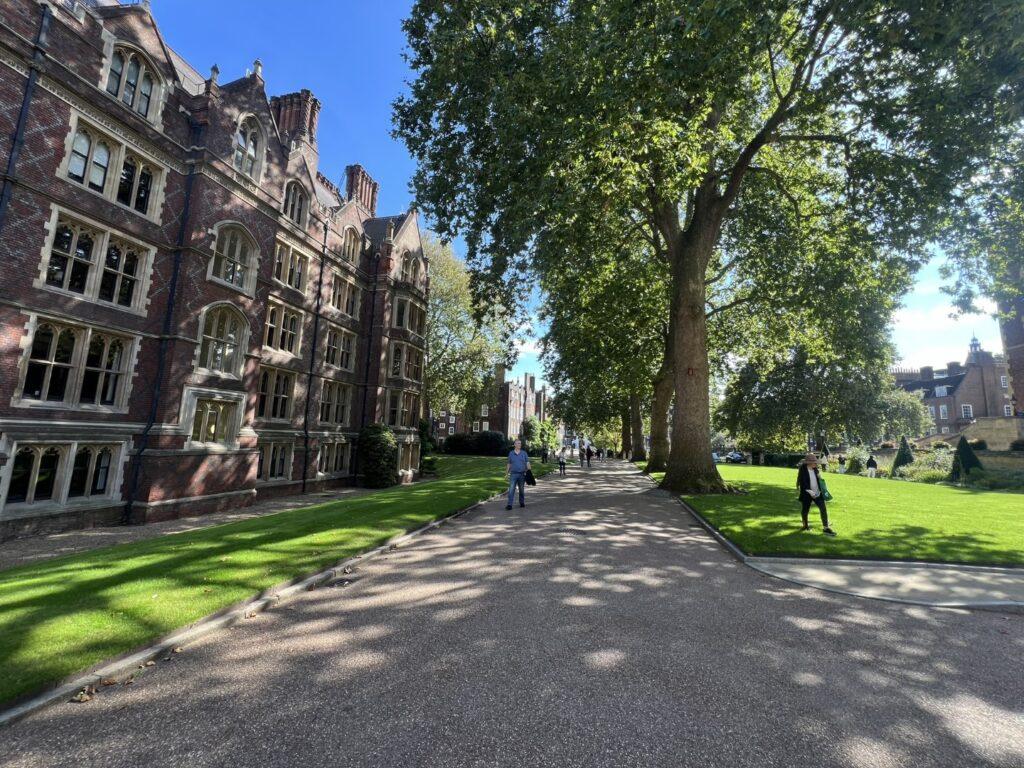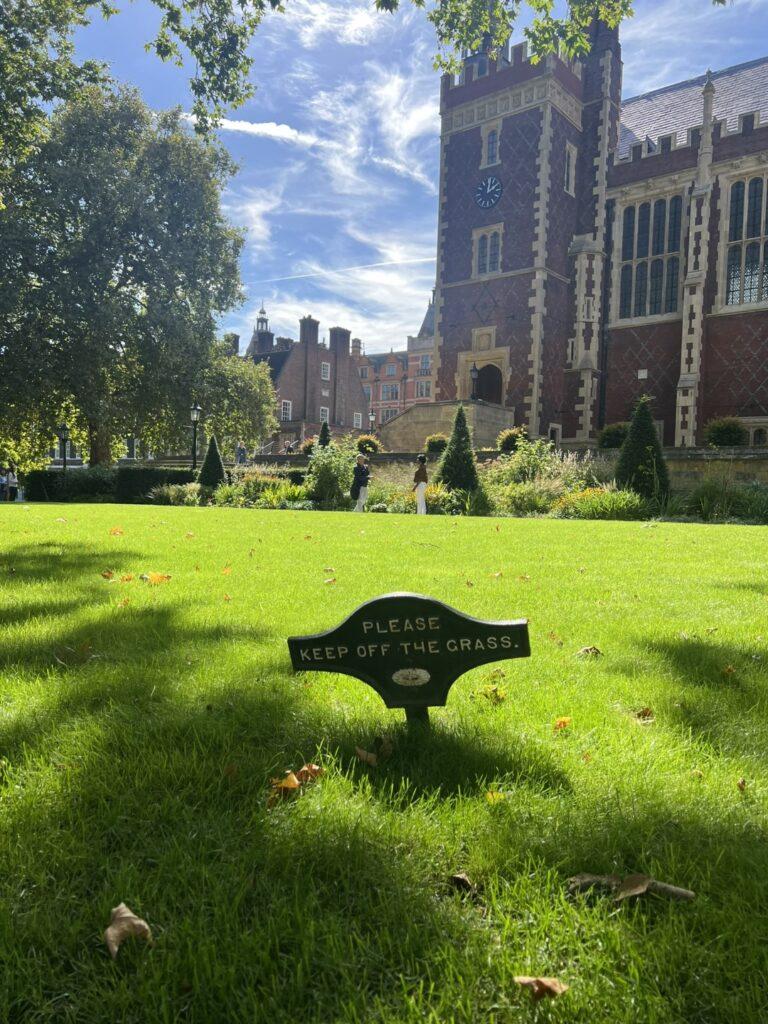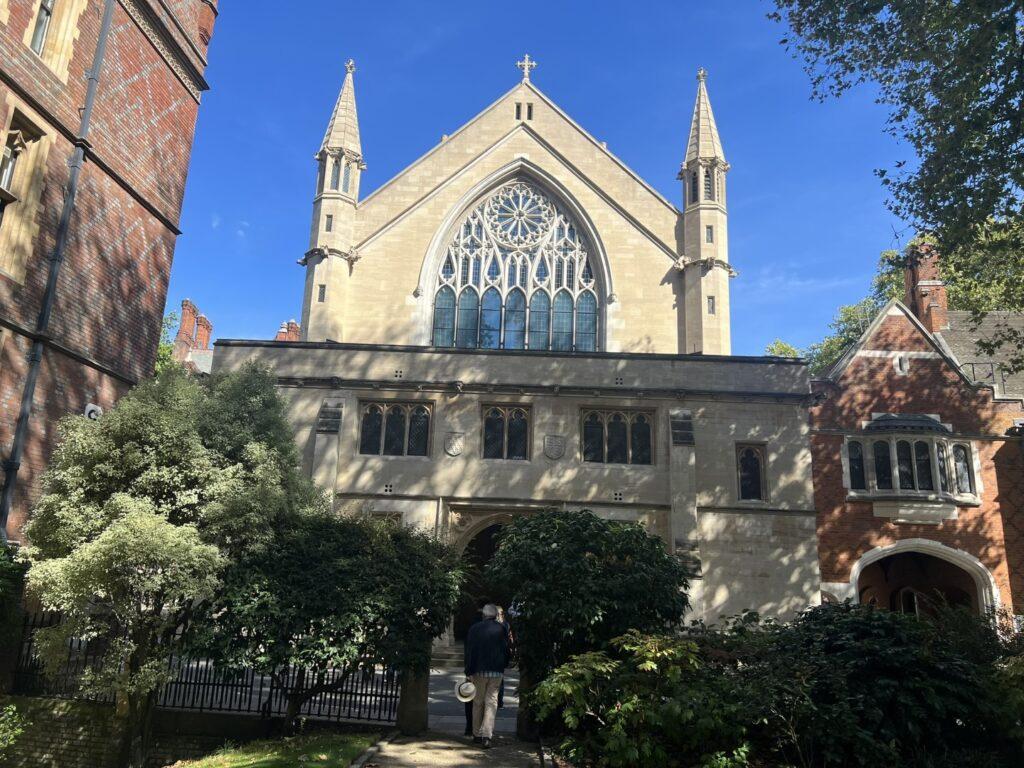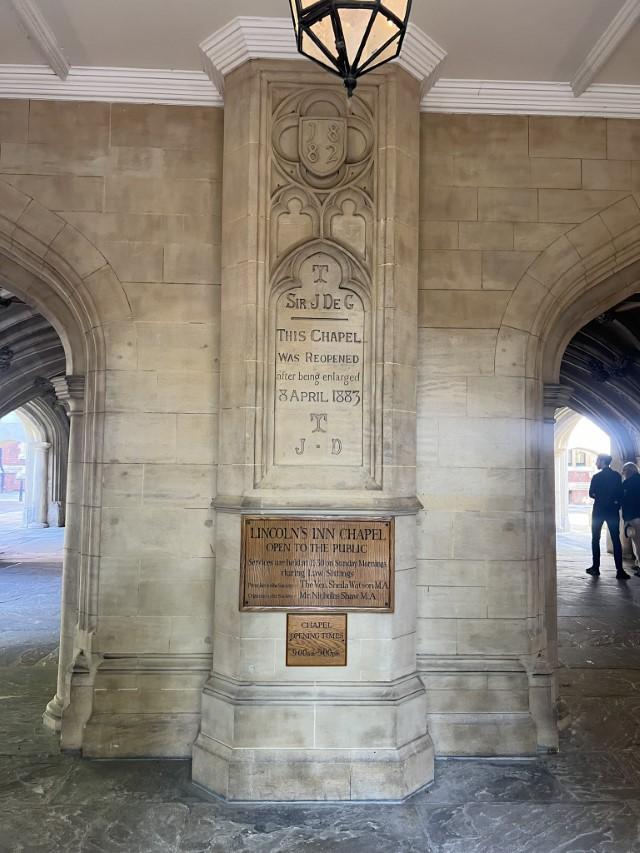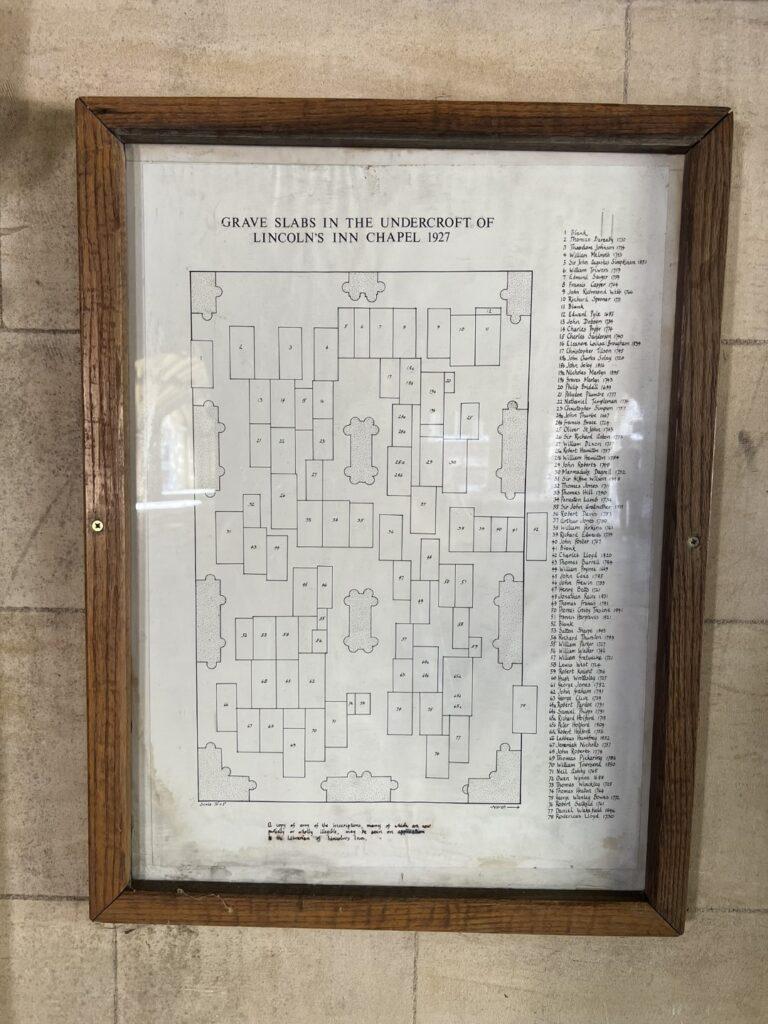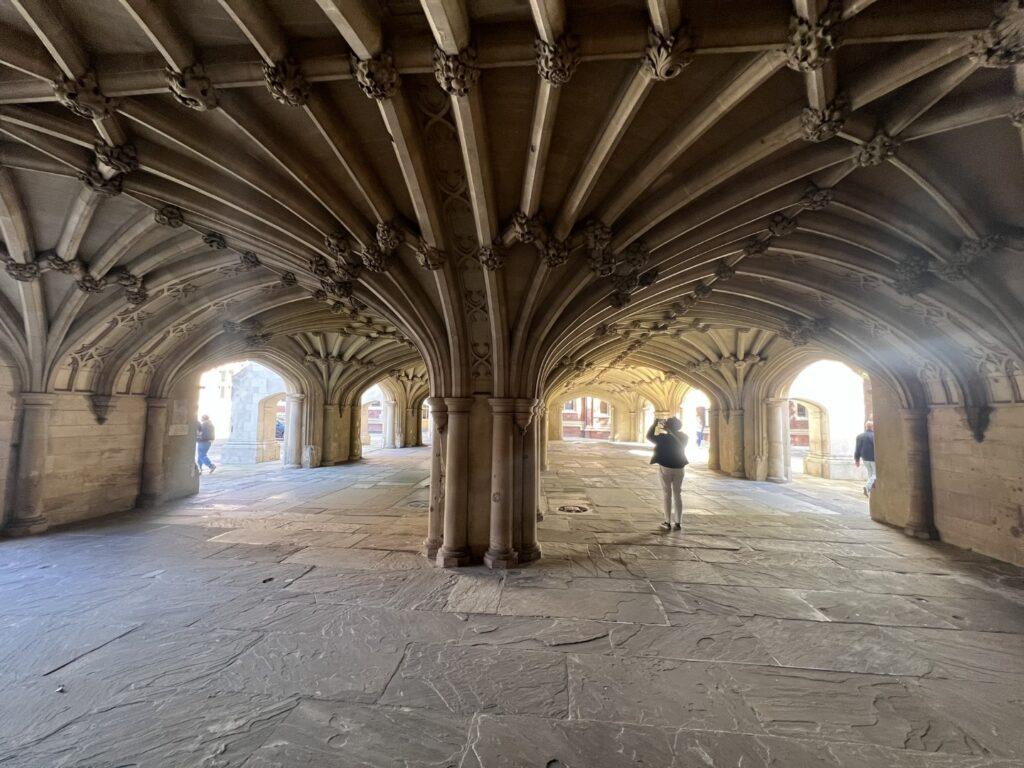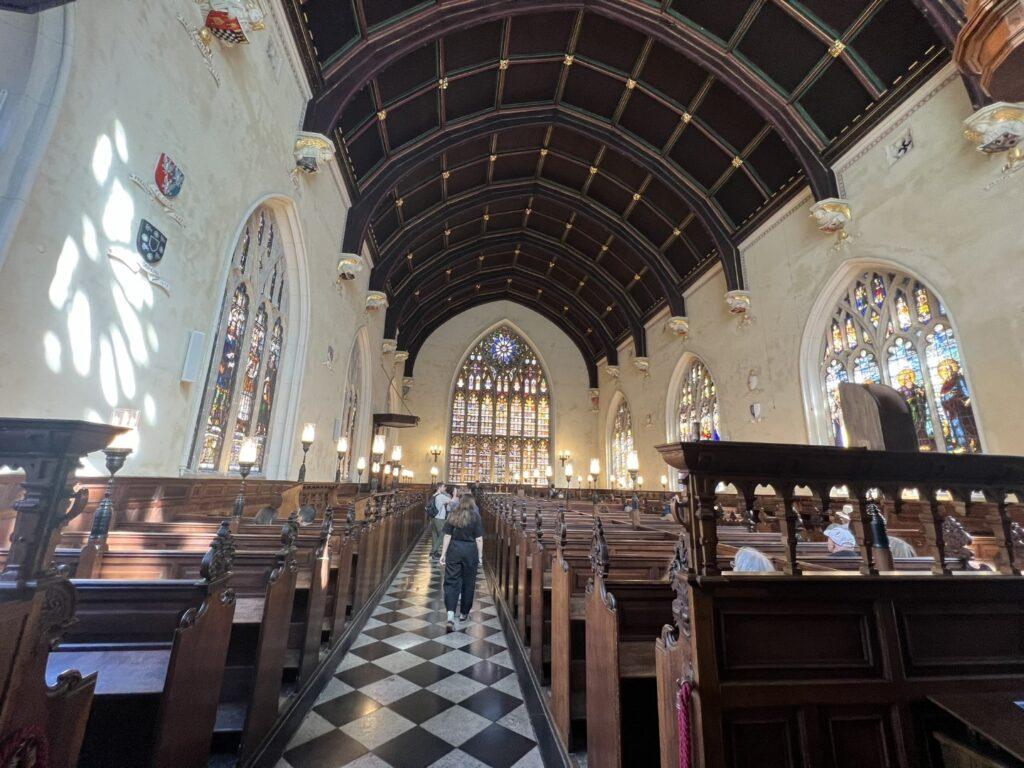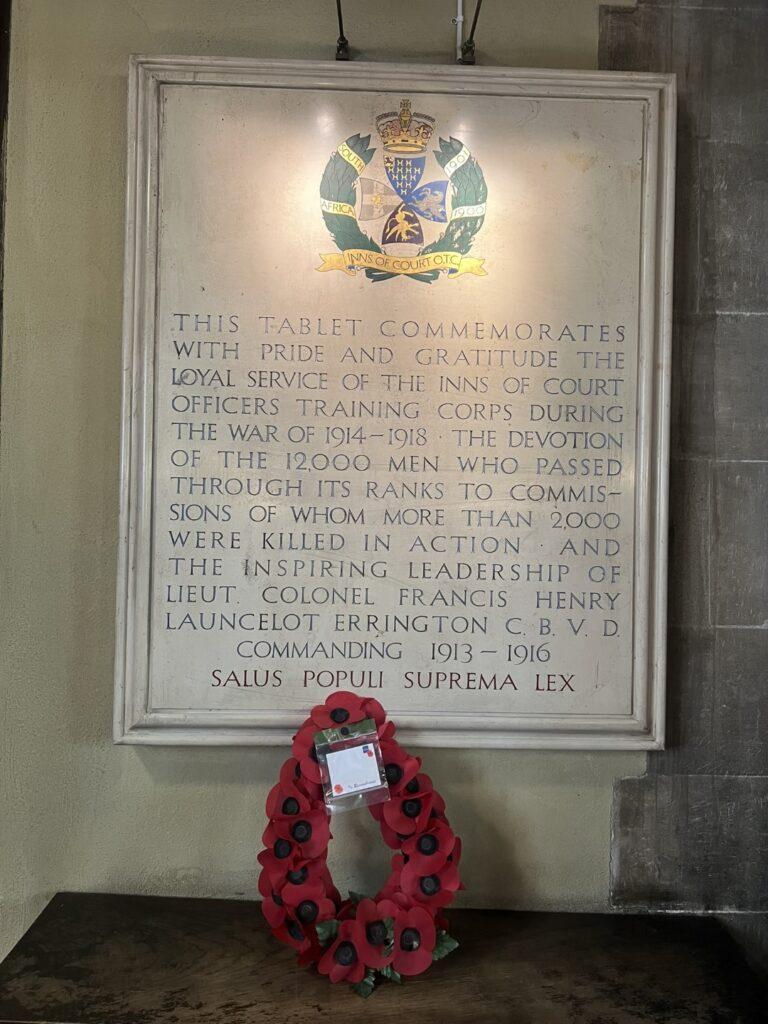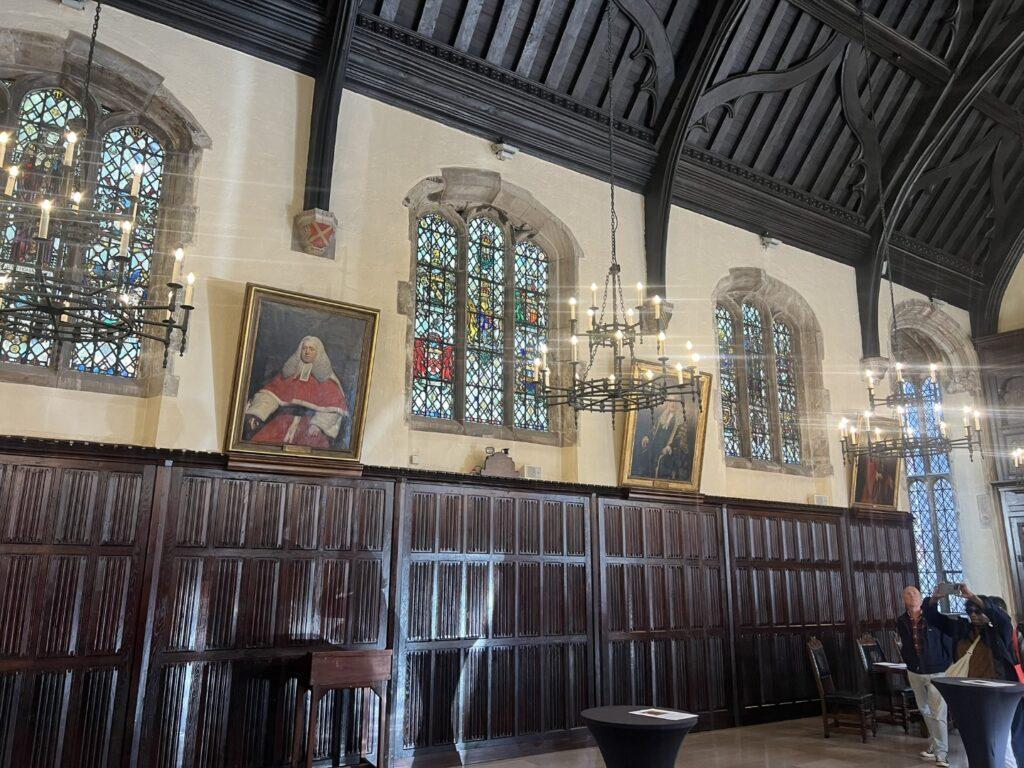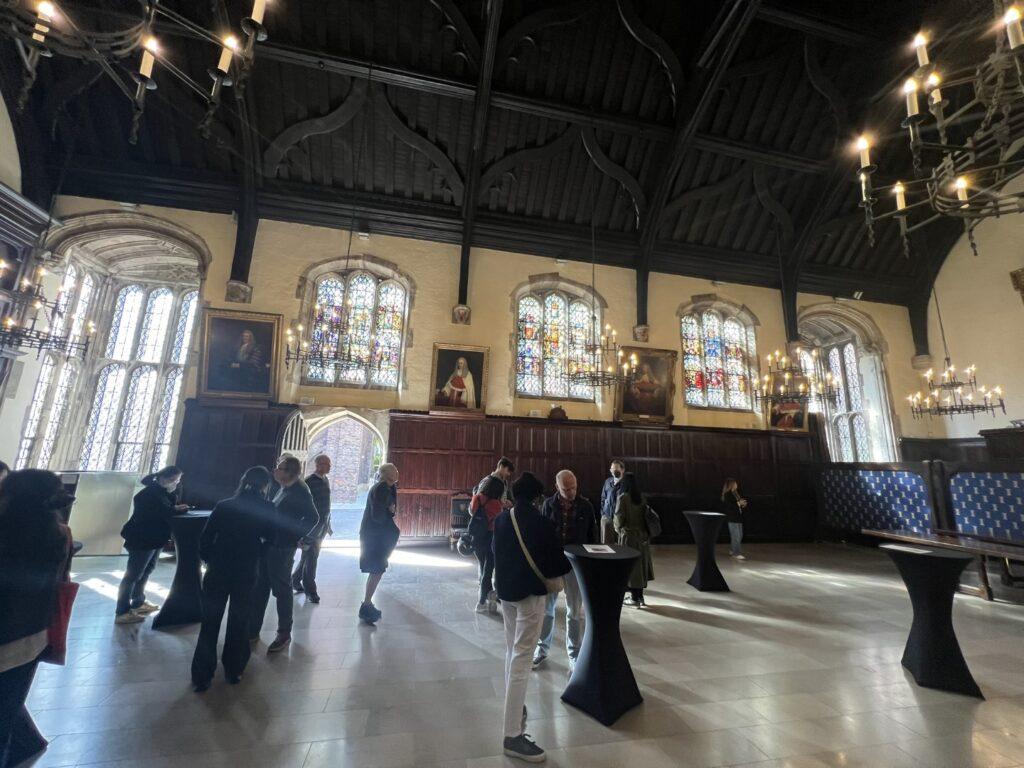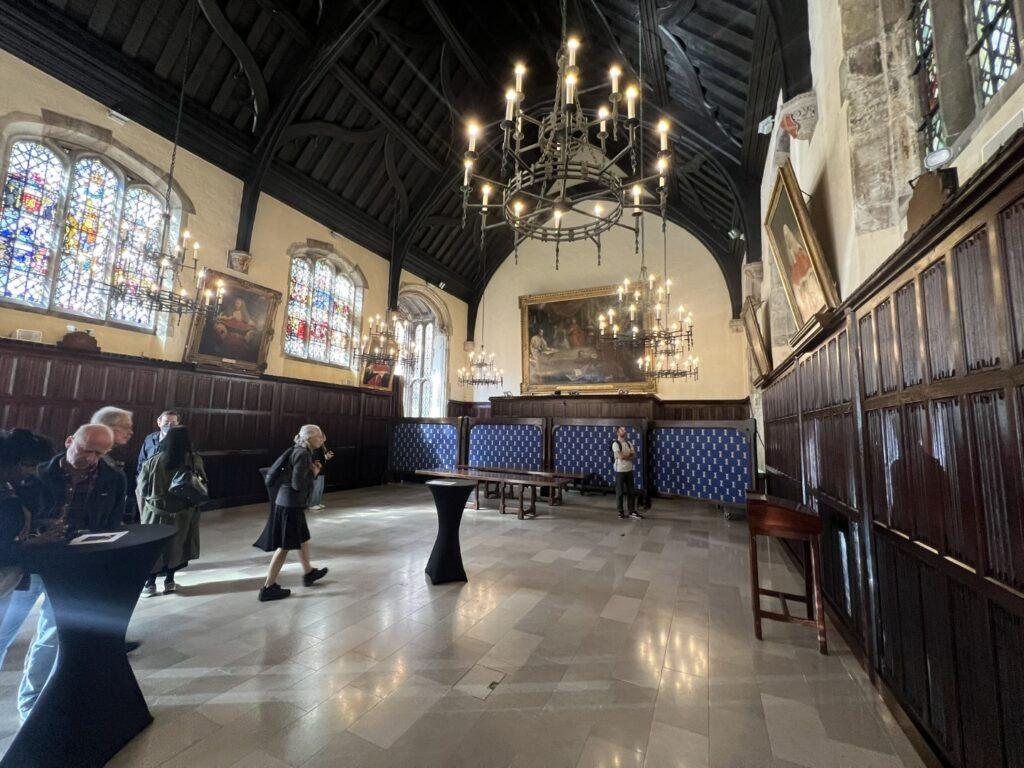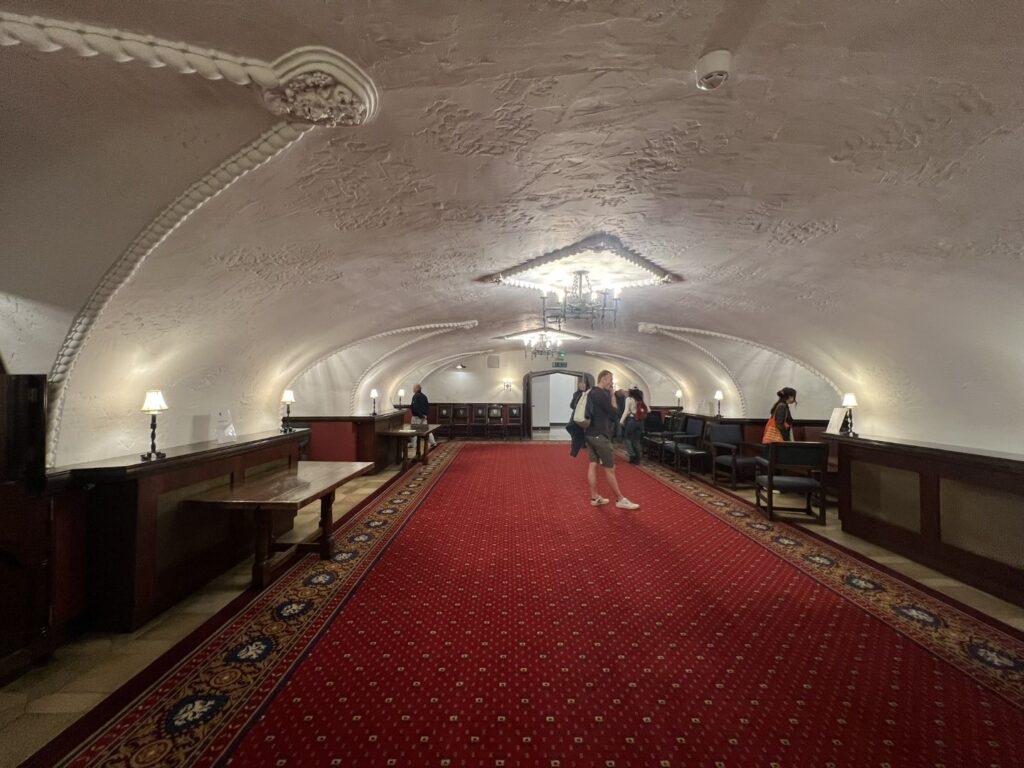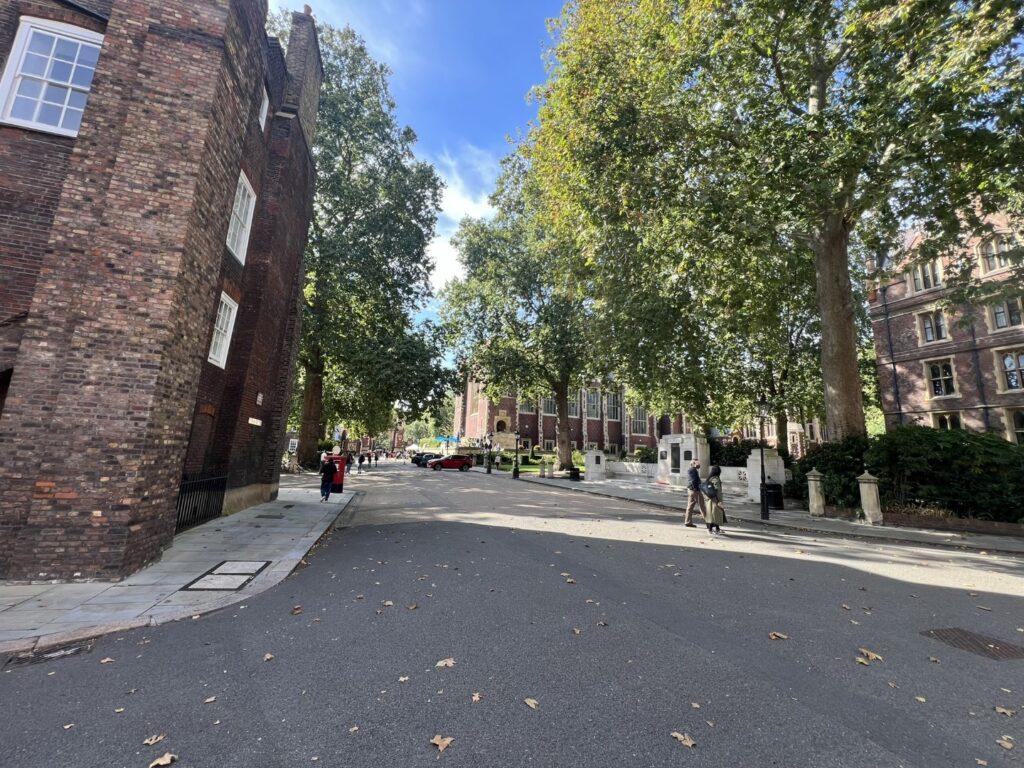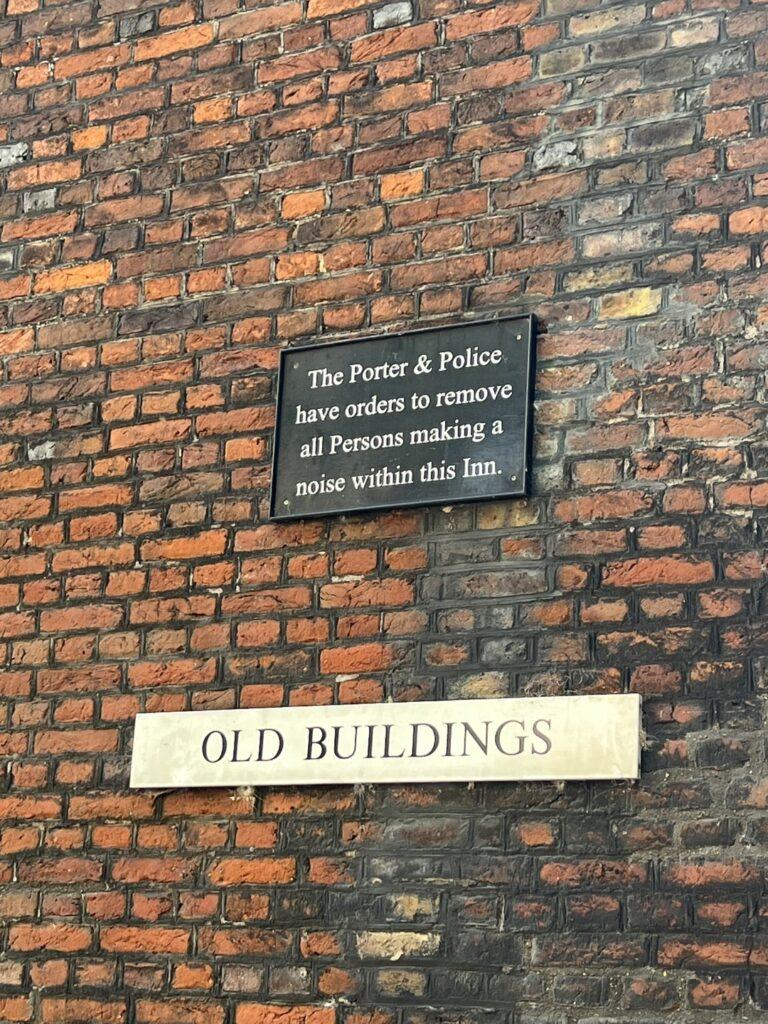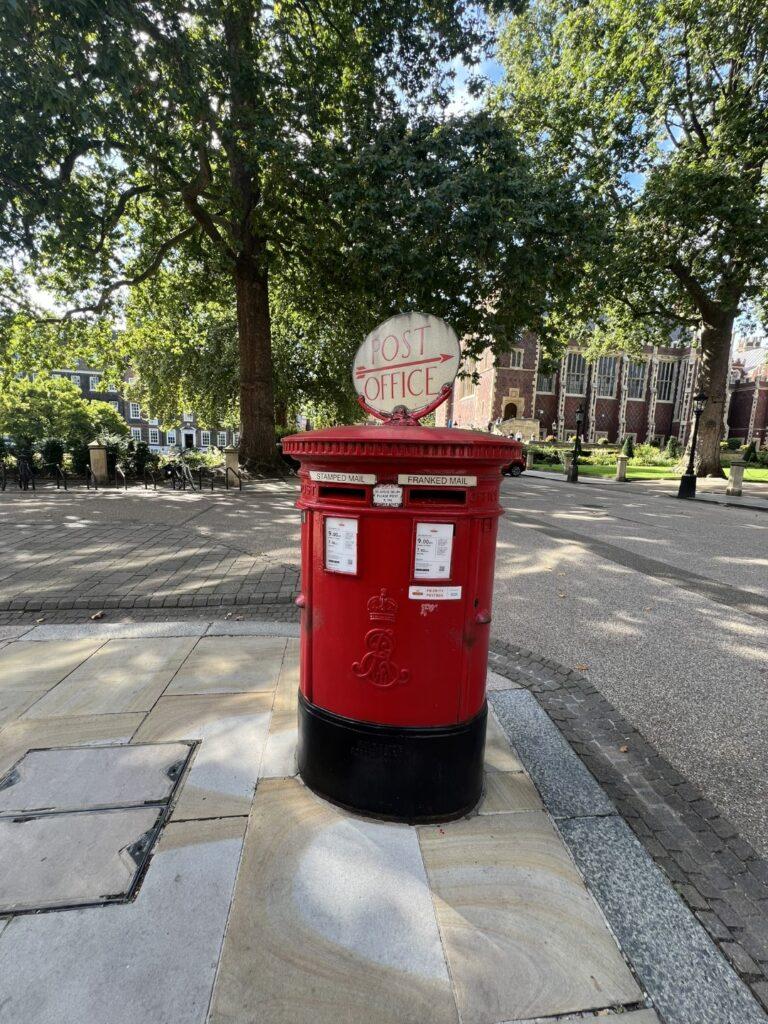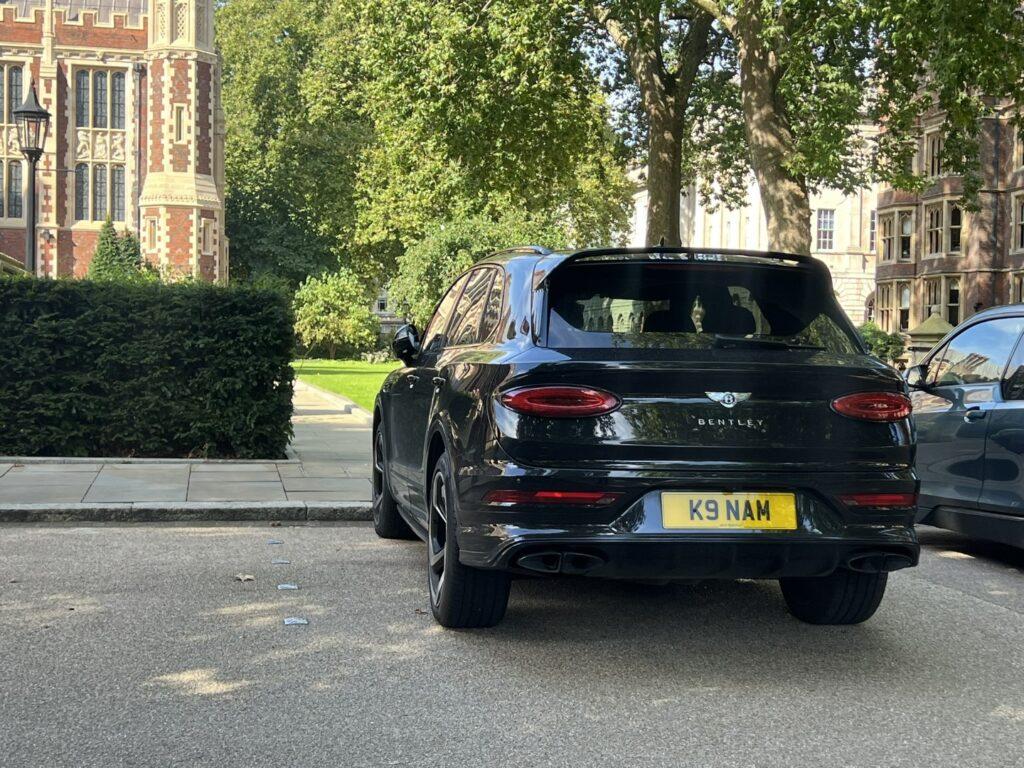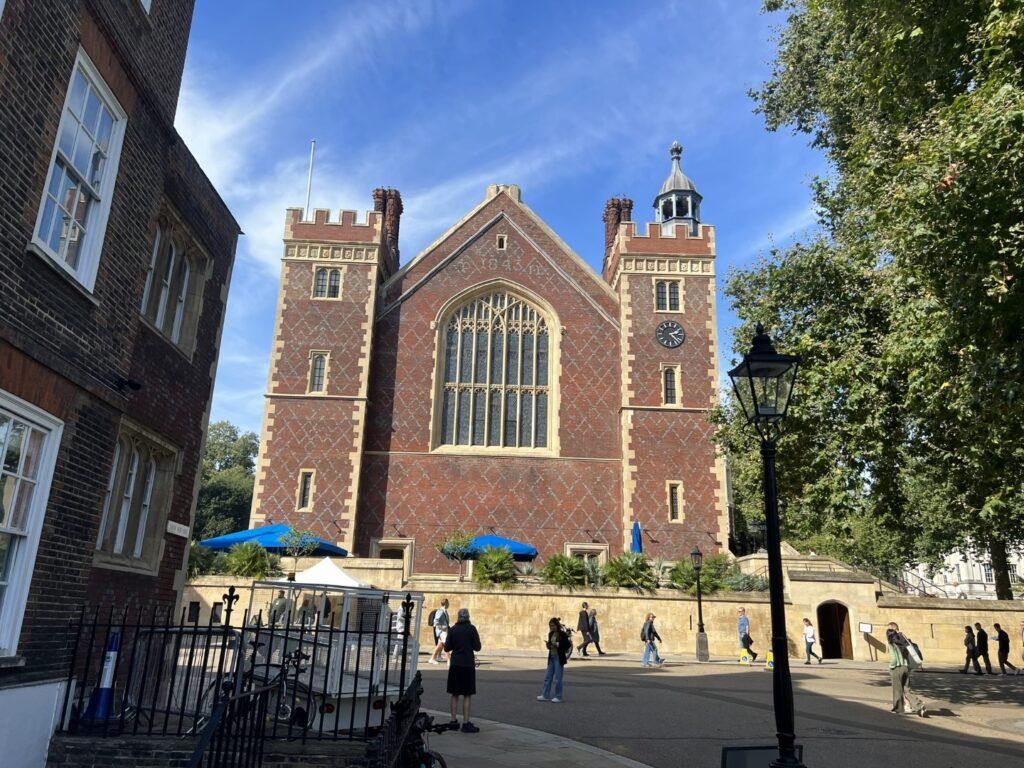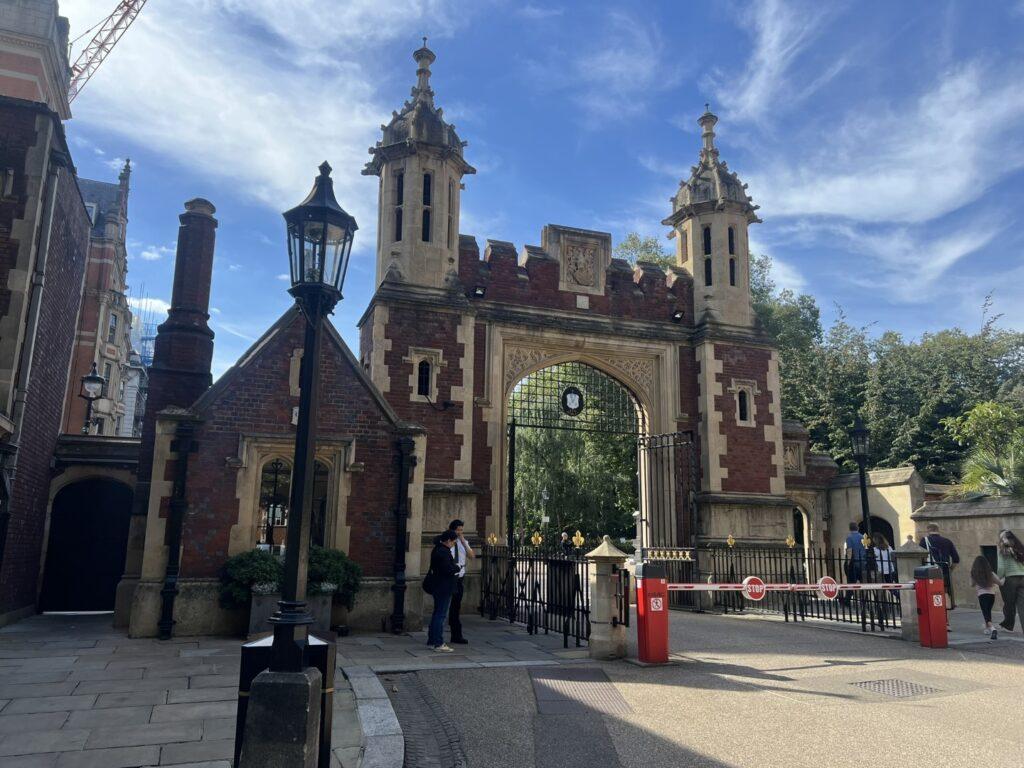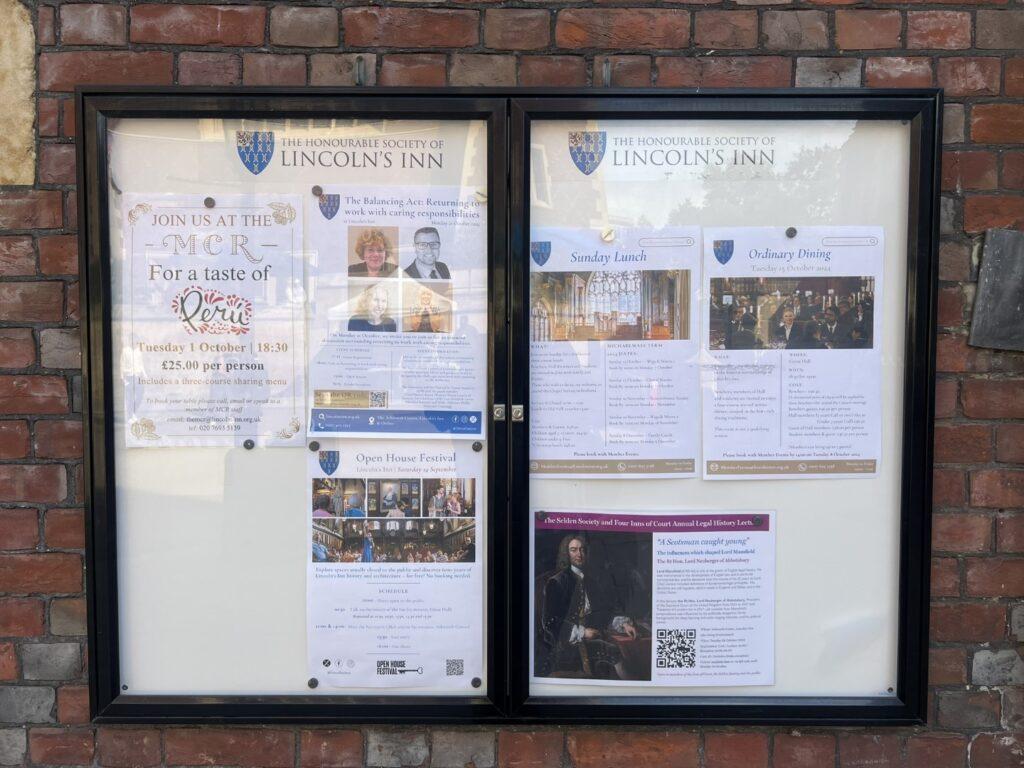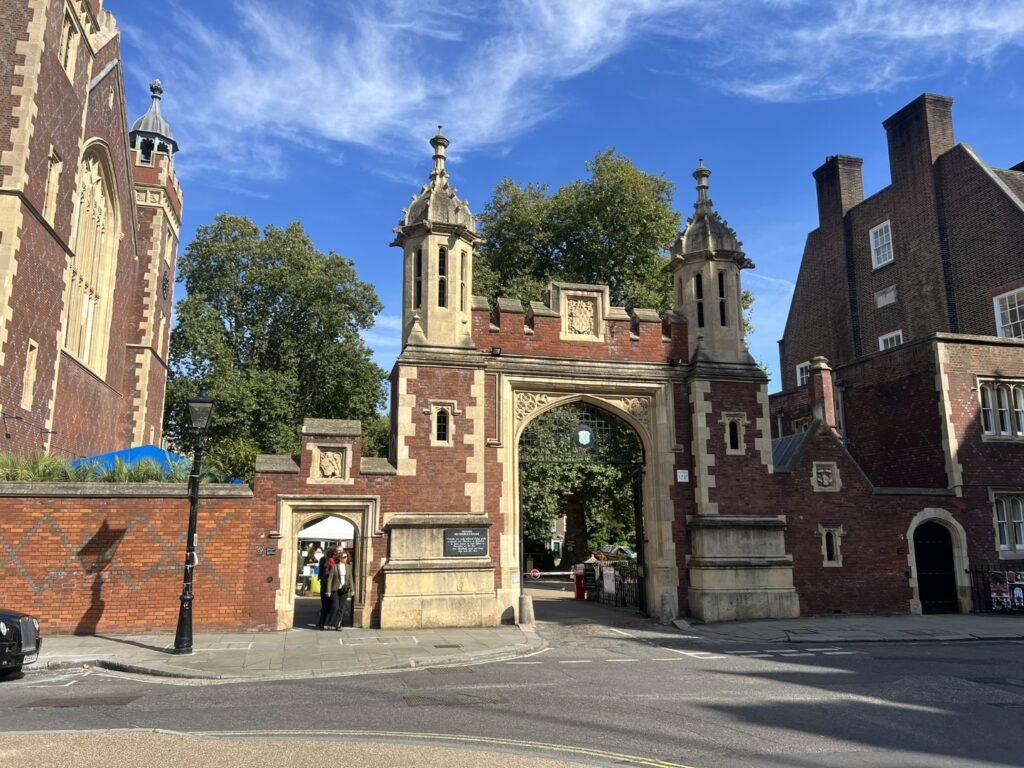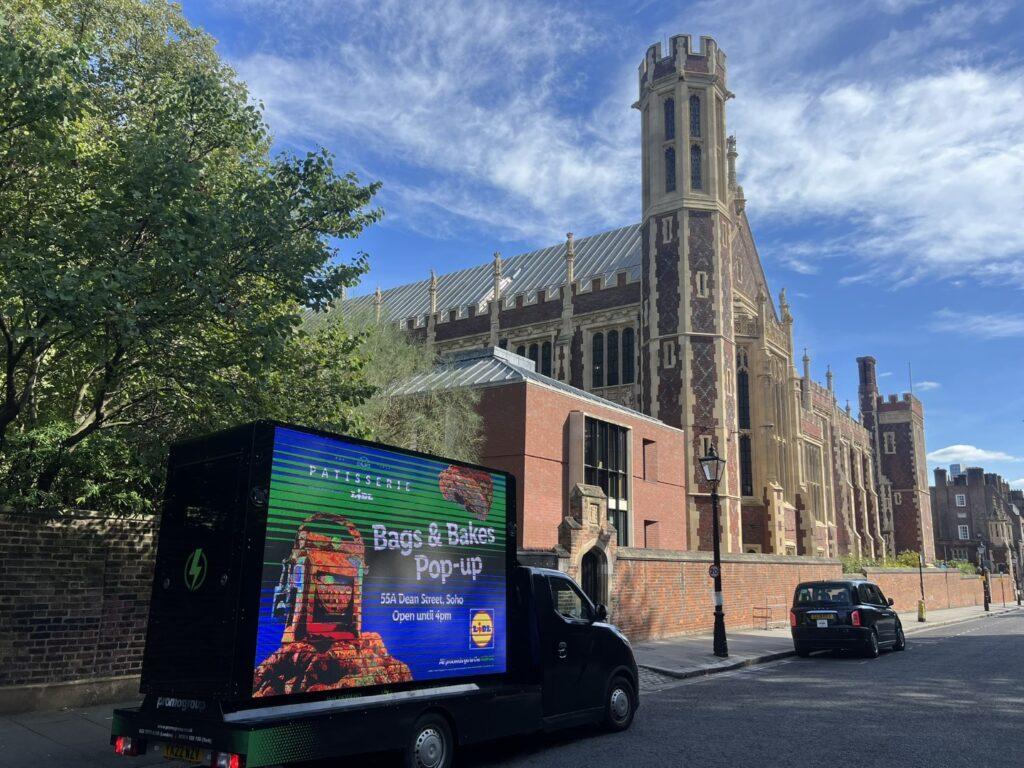The Law Commission of England and Wales stands as a cornerstone of legal reform in the United Kingdom, tasked with the continuous review and recommendation of changes to the law to ensure it remains fair, modern, simple, and cost-effective. Established by the Law Commissions Act 1965, this independent body operates under the umbrella of the Ministry of Justice but conducts its work with autonomy, aiming to streamline and update the legal framework for the benefit of society.
The Law Commission Slogan is “Reforming the Law”
Purpose and Function
- Law Review: The primary function of the Law Commission is to keep the law under review. This involves identifying areas where the law might be outdated, complex, or inefficient, and suggesting reforms.
- Public Consultation: Before finalizing recommendations, the Commission engages in extensive public consultation. This democratic process ensures that stakeholders, from legal professionals to the general public, have an opportunity to influence the law’s direction.
- Recommendations and Legislation: Following consultation, the Commission submits its recommendations to Parliament. These recommendations often lead to new legislation or amendments to existing laws, demonstrating the Commission’s significant impact on legal policy.
- Projects: The Commission’s work spans across various legal domains including criminal law, property law, family law, among others. Each project is carefully selected based on necessity, impact, and feasibility.
From time to time we consult widely to help us draw up a new programme of law reform. The Law Commissions Act 1965 requires the Commission to submit “programmes for the examination of different branches of the law” to the Lord Chancellor for his approval before undertaking new work.
Before deciding which projects to take forward, the Law Commission takes views from judges, lawyers, Government Departments, the voluntary and business sectors, and the general public.
We also take on projects that are referred to us by Government Departments.
How We Work – The Law Commission
Structure and Governance
The Commission is led by a Chairman, currently Sir Peter Fraser, supported by four Commissioners, a Chief Executive, Non-Executive Board Members, and a team that includes legal experts, policy analysts, and research staff. This structure facilitates a multidisciplinary approach to law reform, ensuring that legal changes are both practical and theoretically sound.
- Independence: While sponsored by the Ministry of Justice, the Commission’s independence is crucial. It operates free from political interference, allowing for impartial law reform.
- Funding and Approval: The Law Commission’s work programs are approved by the Lord Chancellor, but day-to-day operations and project decisions remain within the Commission’s purview.
The Law Commission’s work is often behind the scenes but profoundly impacts everyday legal practices and public policy. Approximately 70% of its recommendations have been enacted or accepted by the government, showcasing its effectiveness in driving legal reform.
Public Perception and Engagement
Public engagement with the Law Commission’s initiatives, as reflected from discussions online, shows a mix of support for its efforts towards transparency and modernisation, alongside criticisms or concerns regarding specific reforms or government interactions with its recommendations. This dialogue underscores the Commission’s role not just as a reformer but also as a bridge between the public and the legal system.
Contact the Law Commission
Phone: 020 3334 0200
Email: Enquiries@lawcommission.gov.uk
X (Twitter): @Law_Commission
Fax: 020 3334 0201
Address: 1st Floor, Tower, 52 Queen Anne’s Gate, London SW1H 9AG
The Law Commission publish the latest news on their website.
The Law Commission of England and Wales is more than just a body for legal reform; it represents the evolving nature of law in response to societal changes. By continuously reviewing and suggesting changes, it plays a vital role in ensuring that the legal system remains relevant, accessible, and just. For anyone interested in the mechanics of law-making or the evolution of legal thought, understanding the Law Commission provides insight into how laws are not just created but are continuously refined for the contemporary world.
Check out our related articles on Law Society, Solicitors, Solicitors Regulation Authority, Barristers, Bar Council of England and Wales, Bar Standards Board, Legal Ombudsman, Rule of Law, Open Justice and the highly questionable Sussex Family Justice Board.
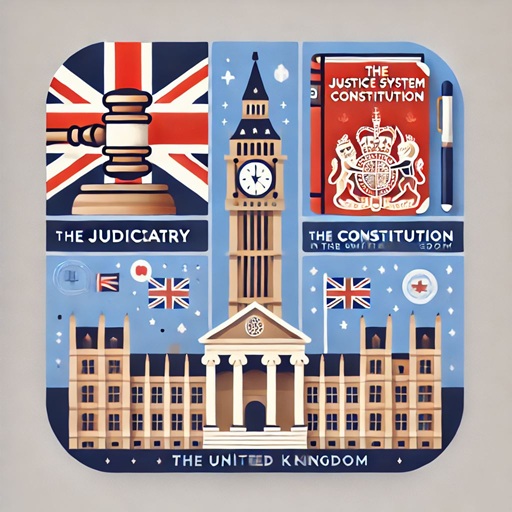
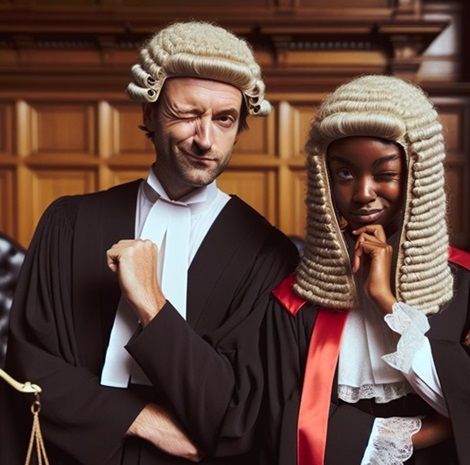
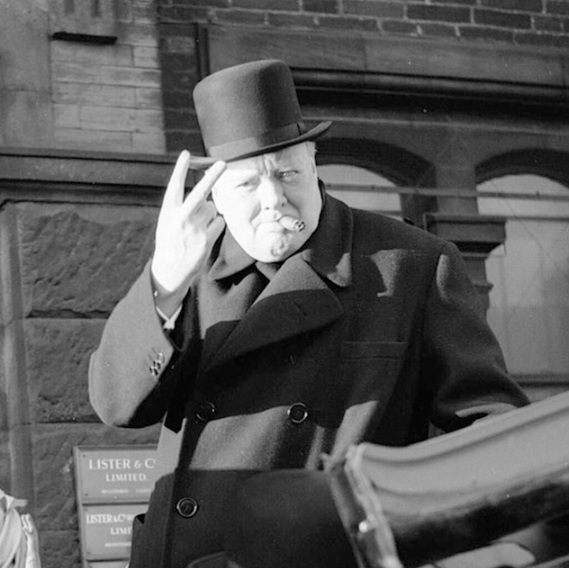
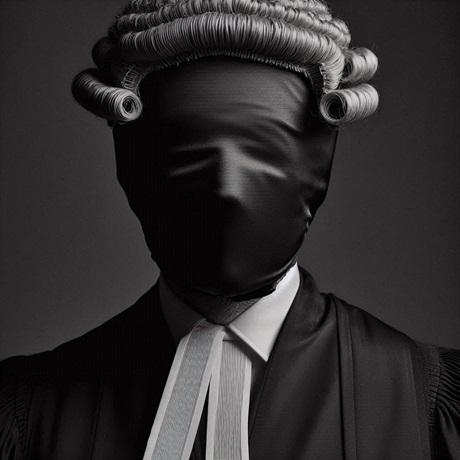


The Ministry of Injustice is not the Ministry of Justice nor is it affiliated in any way with the justice system, legal profession or any law enforcement agencies.
Most Popular ↓

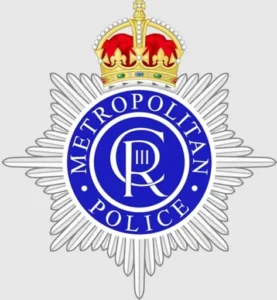
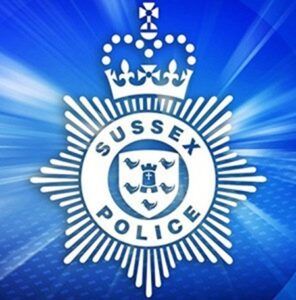
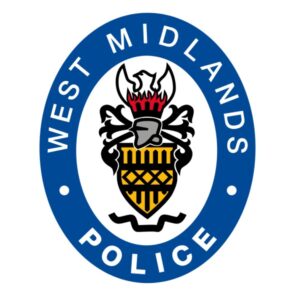
What is Policing by Consent ? What is Two Tier Policing ?
Latest Articles ↓
- Can a Solicitor or Barrister Mislead a Court ?In England and Wales, the legal system demands integrity and truth from all legal professionals involved in court proceedings. Solicitors and barristers are bound by… Read more: Can a Solicitor or Barrister Mislead a Court ?
- What is the Forensic Science Regulator ?Forensic science is a cornerstone of modern criminal justice, providing critical evidence that can make or break a case. However, the reliability and accuracy of… Read more: What is the Forensic Science Regulator ?
- What is the Criminal Cases Review Commission ?The Criminal Cases Review Commission (CCRC) stands as a vital institution within the criminal justice system, dedicated to investigating potential miscarriages of justice. Established in… Read more: What is the Criminal Cases Review Commission ?
- Did Bobby Vylan and the BBC break the law at Glastonbury 2025 ?The performance by Bob Vylan at Glastonbury 2025, where frontman Bobby Vylan (reportedly Pascal Robinson-Foster) led chants of “death, death to the IDF” and “from… Read more: Did Bobby Vylan and the BBC break the law at Glastonbury 2025 ?
All Articles can be found in the Legal Blog or Sitemap.
You should always seek formal legal advice from a qualified and reputable lawyer (solicitor or barrister).
‘Justice delayed is justice denied’
William Ewart Gladstone
There are a number of links to Free and Paid For Legal Resources and Legal Organisations on the Free Legal Advice , Legal Aid and Pro Bono pages.



